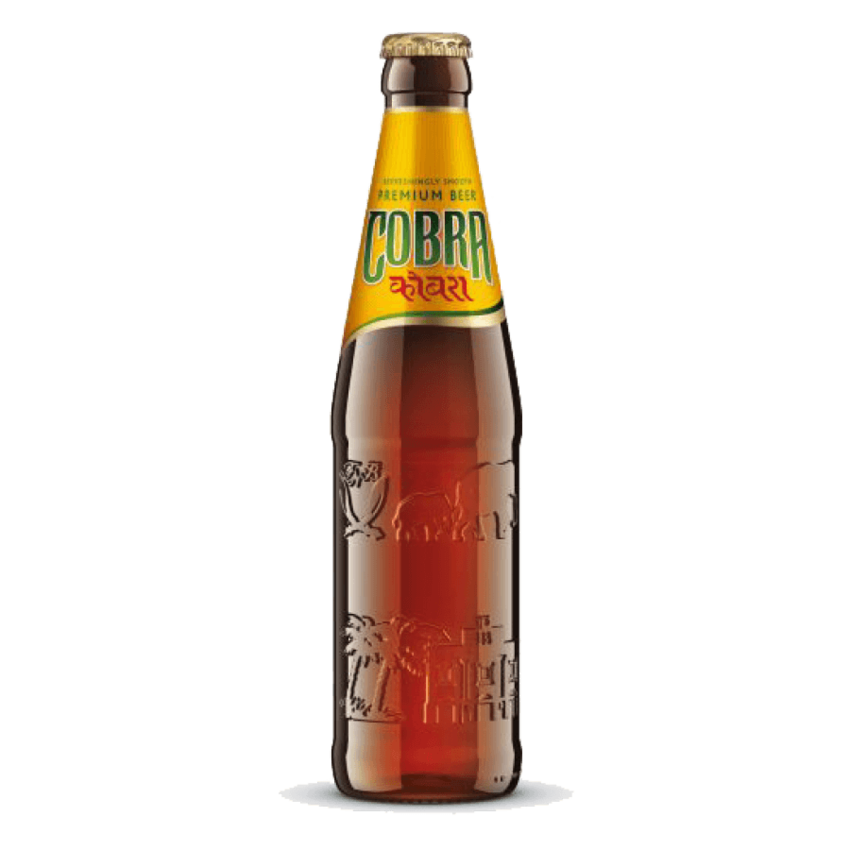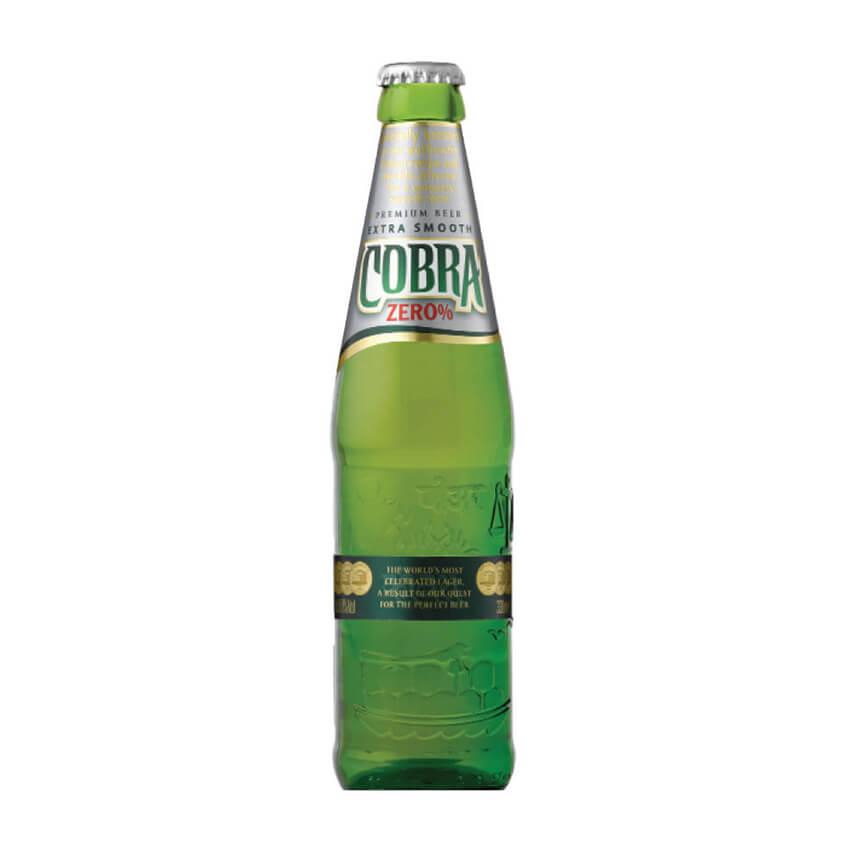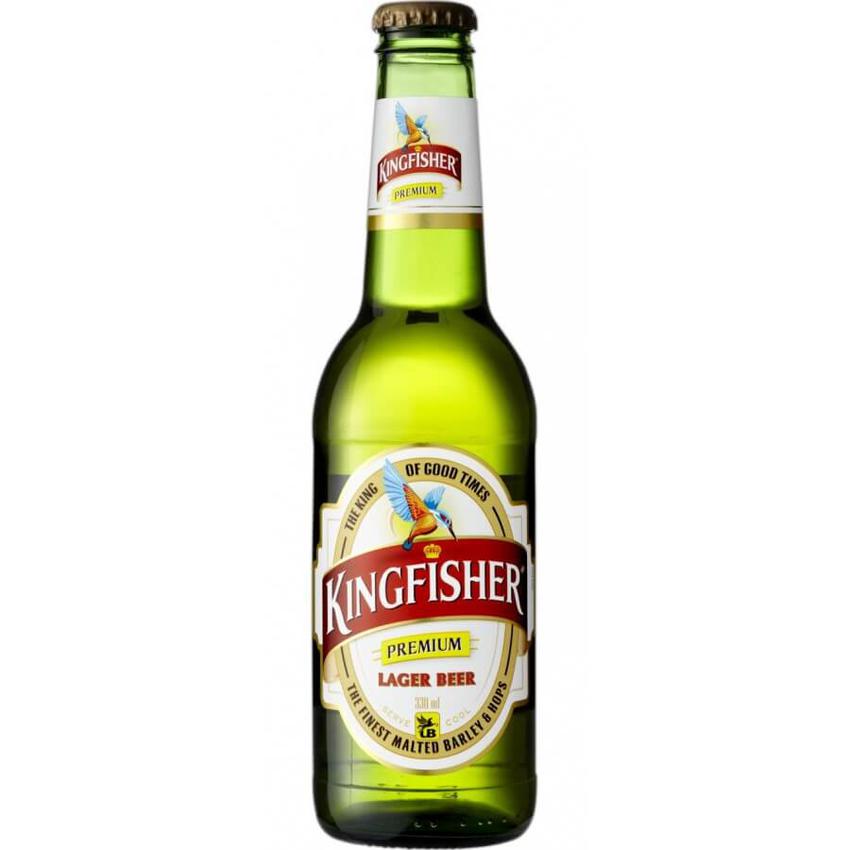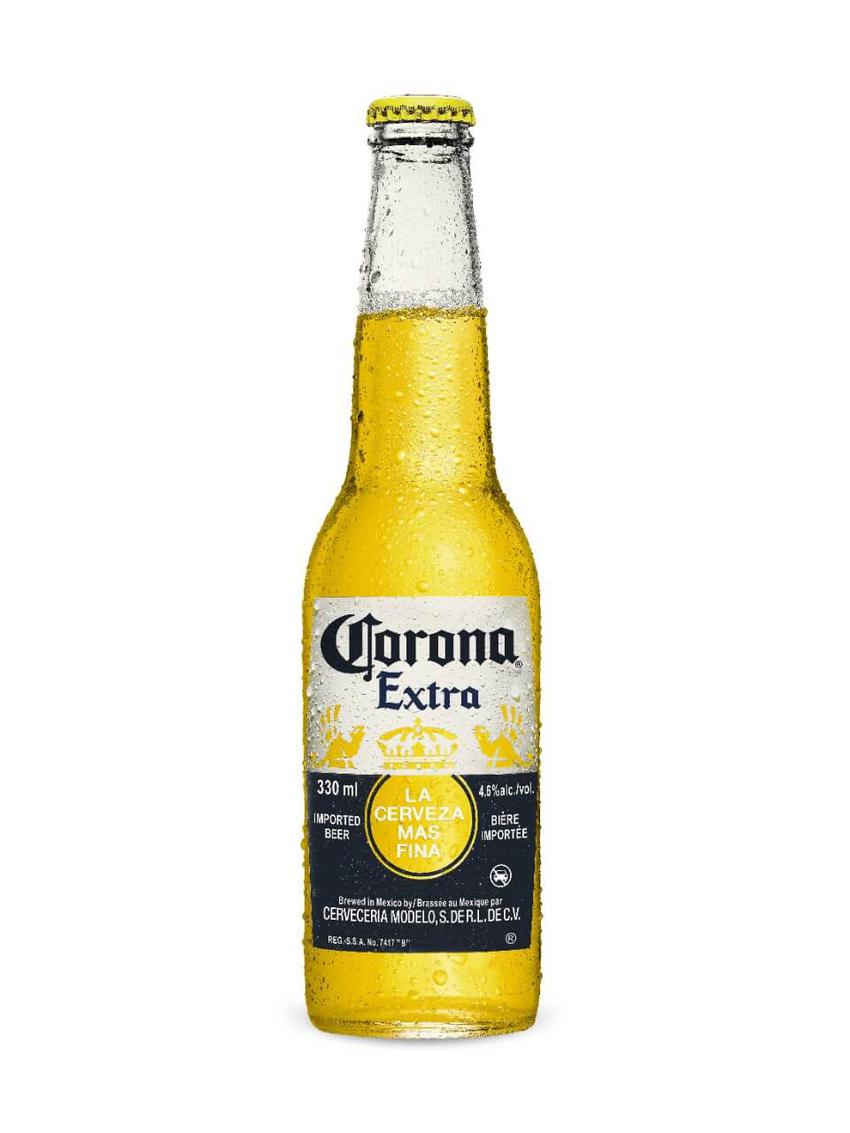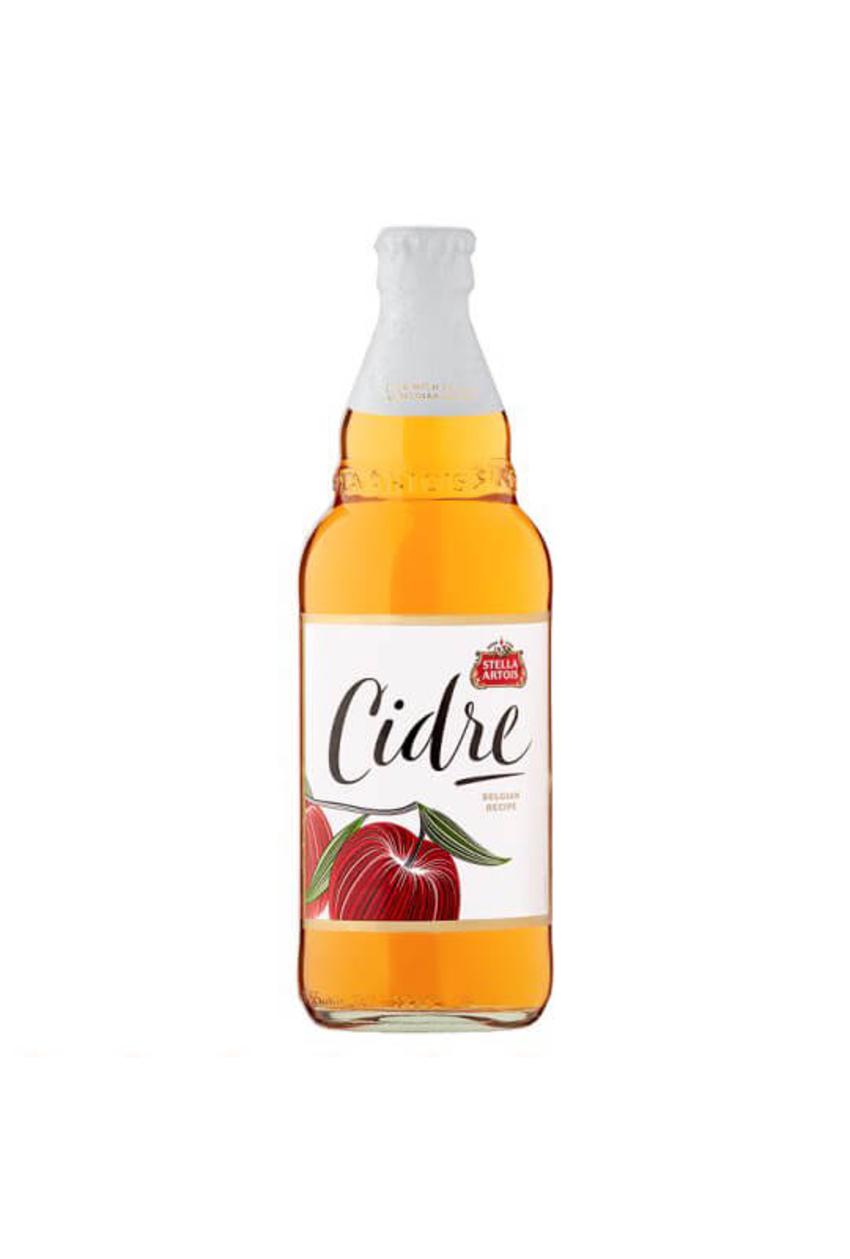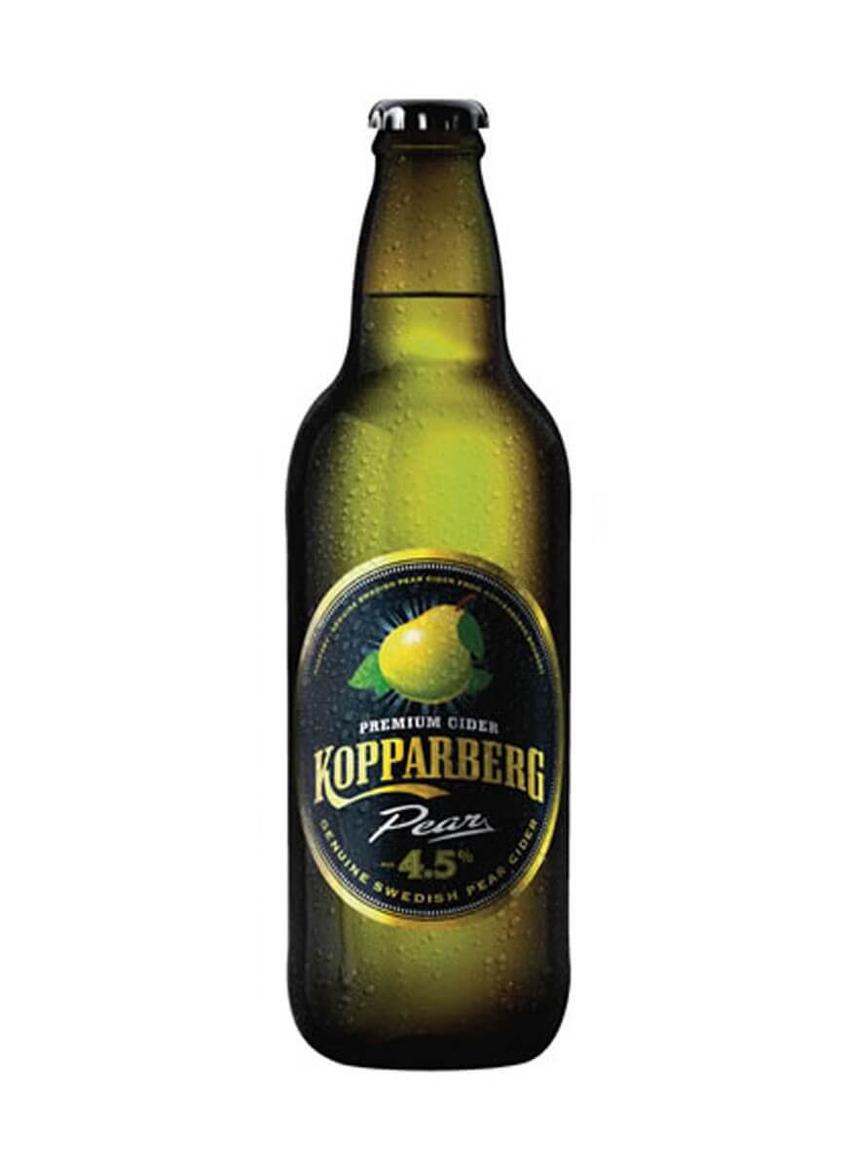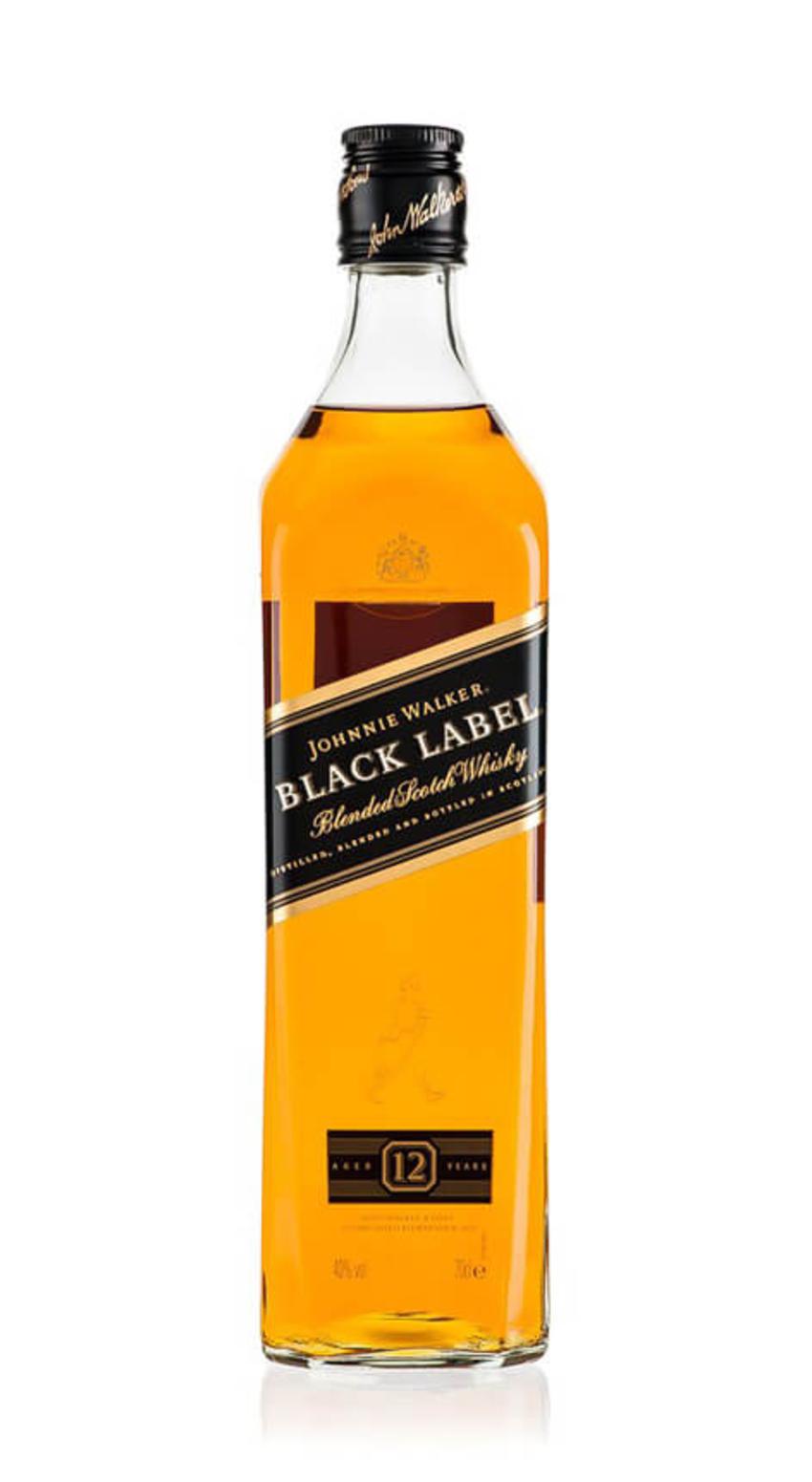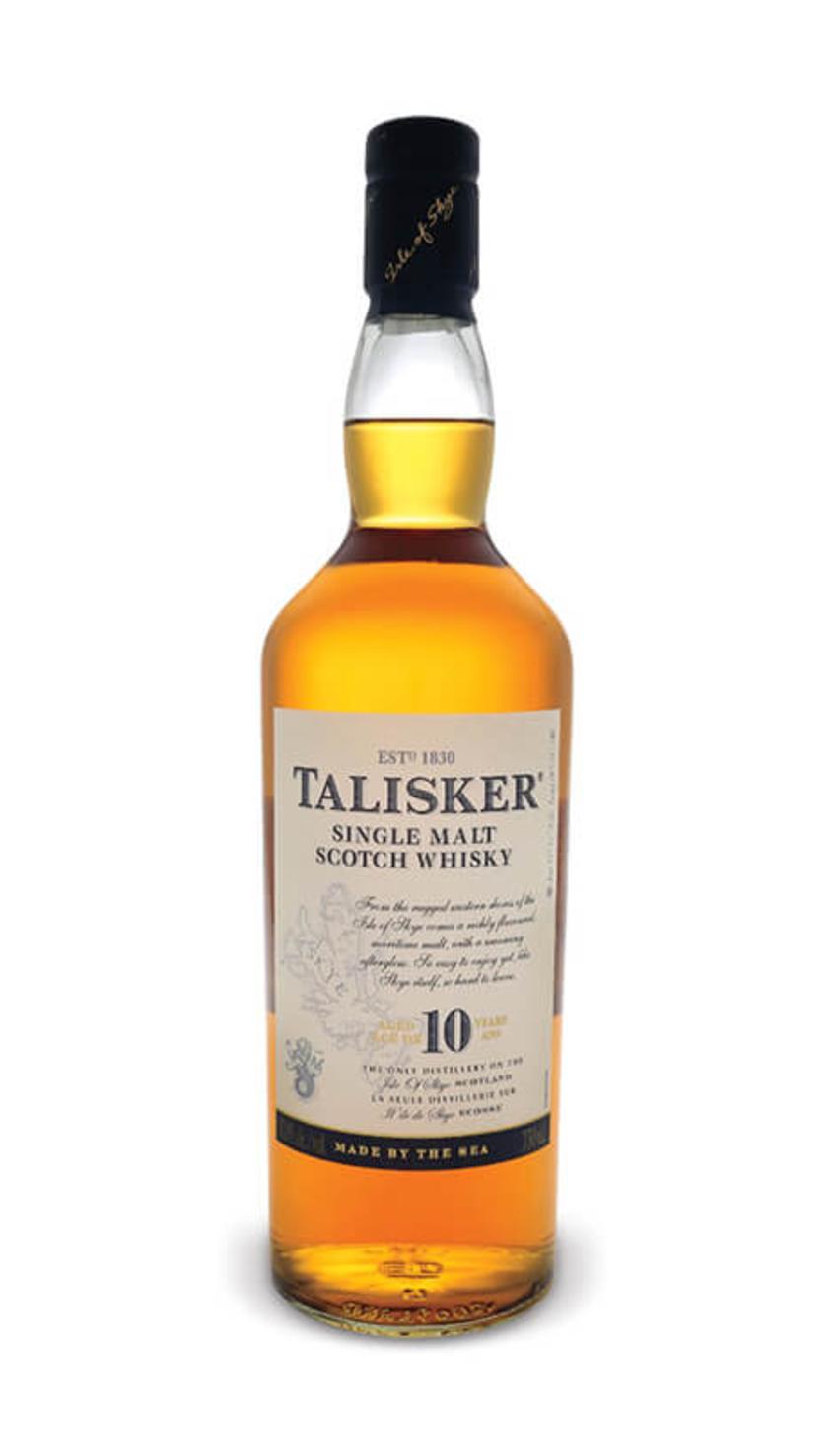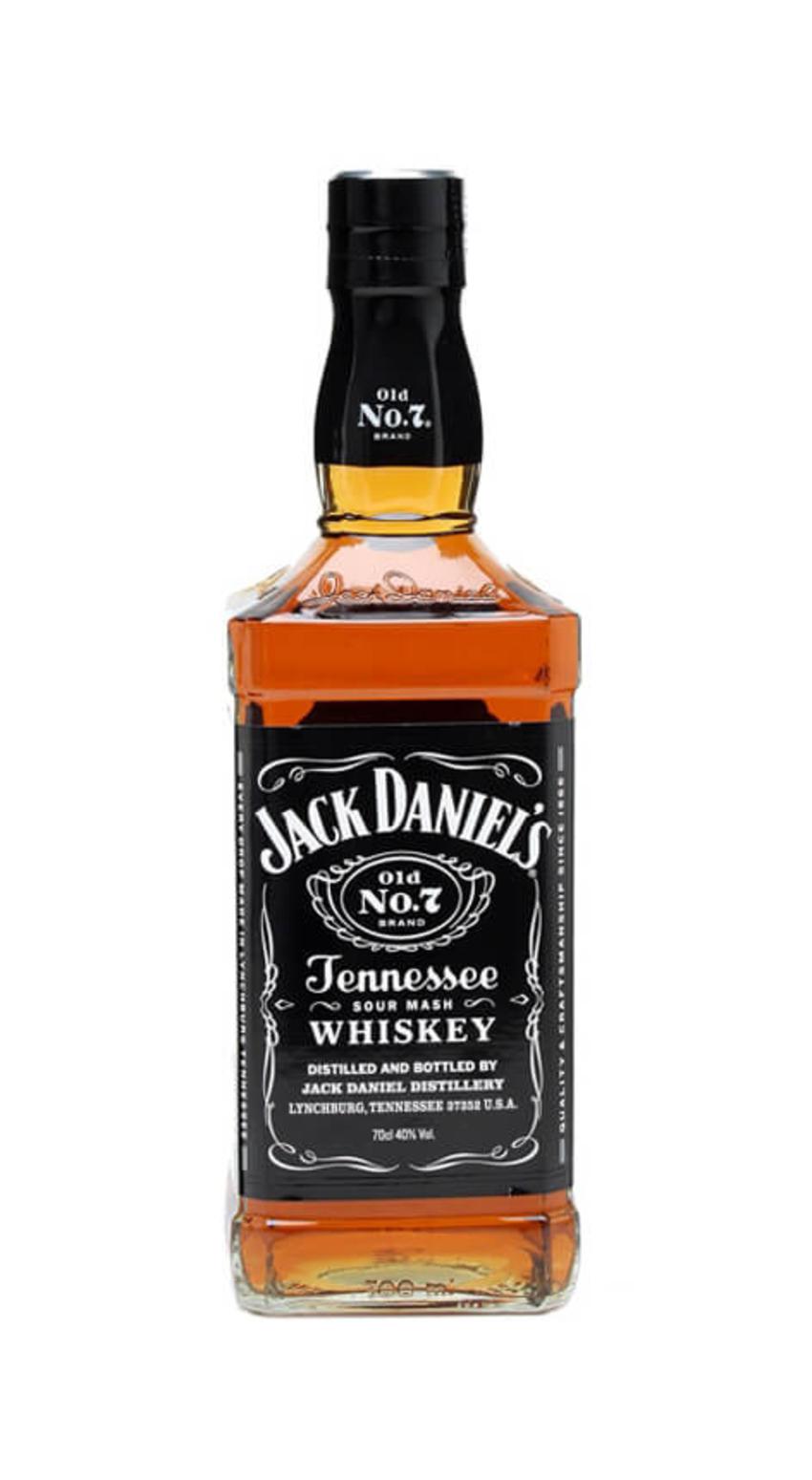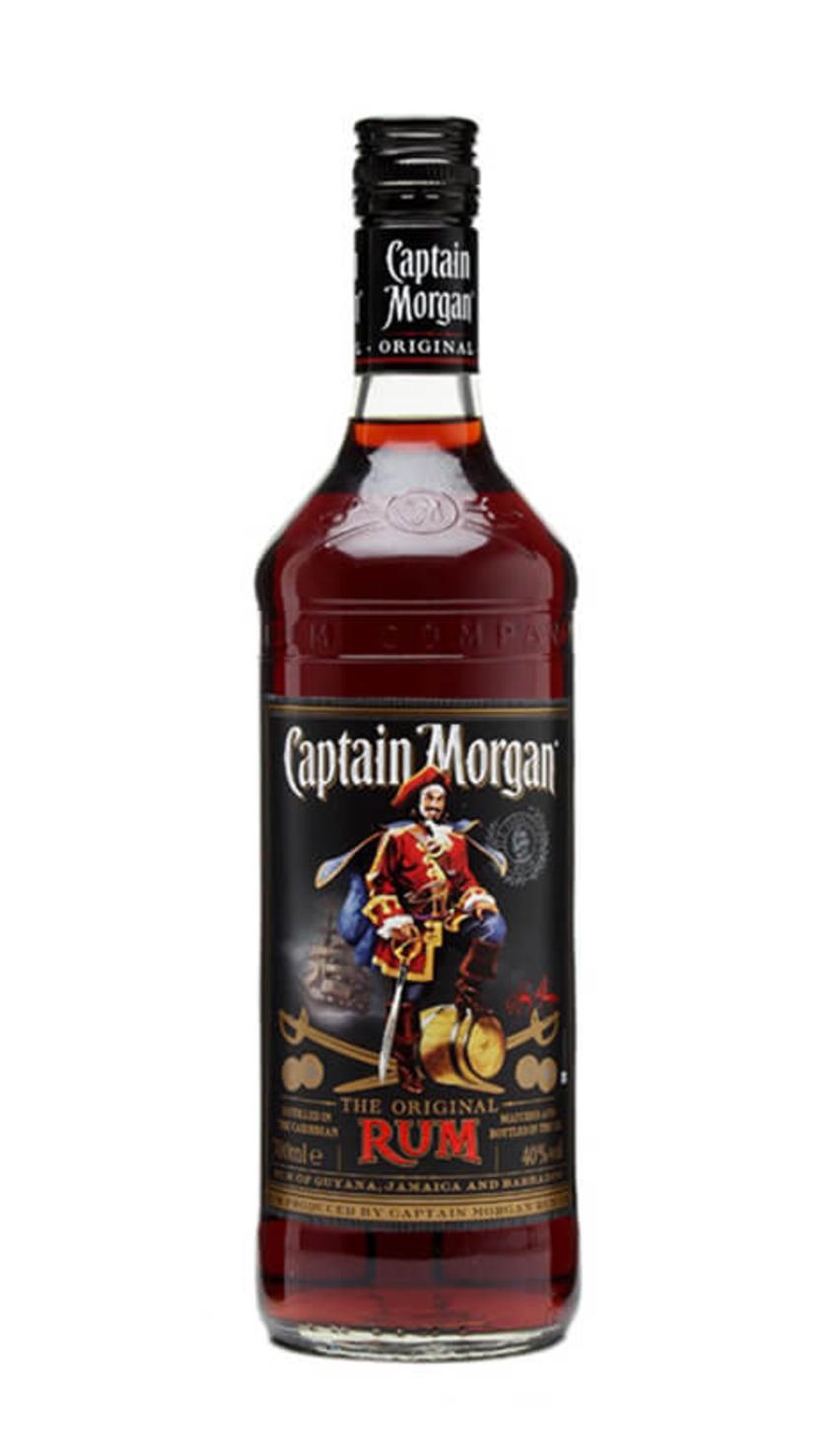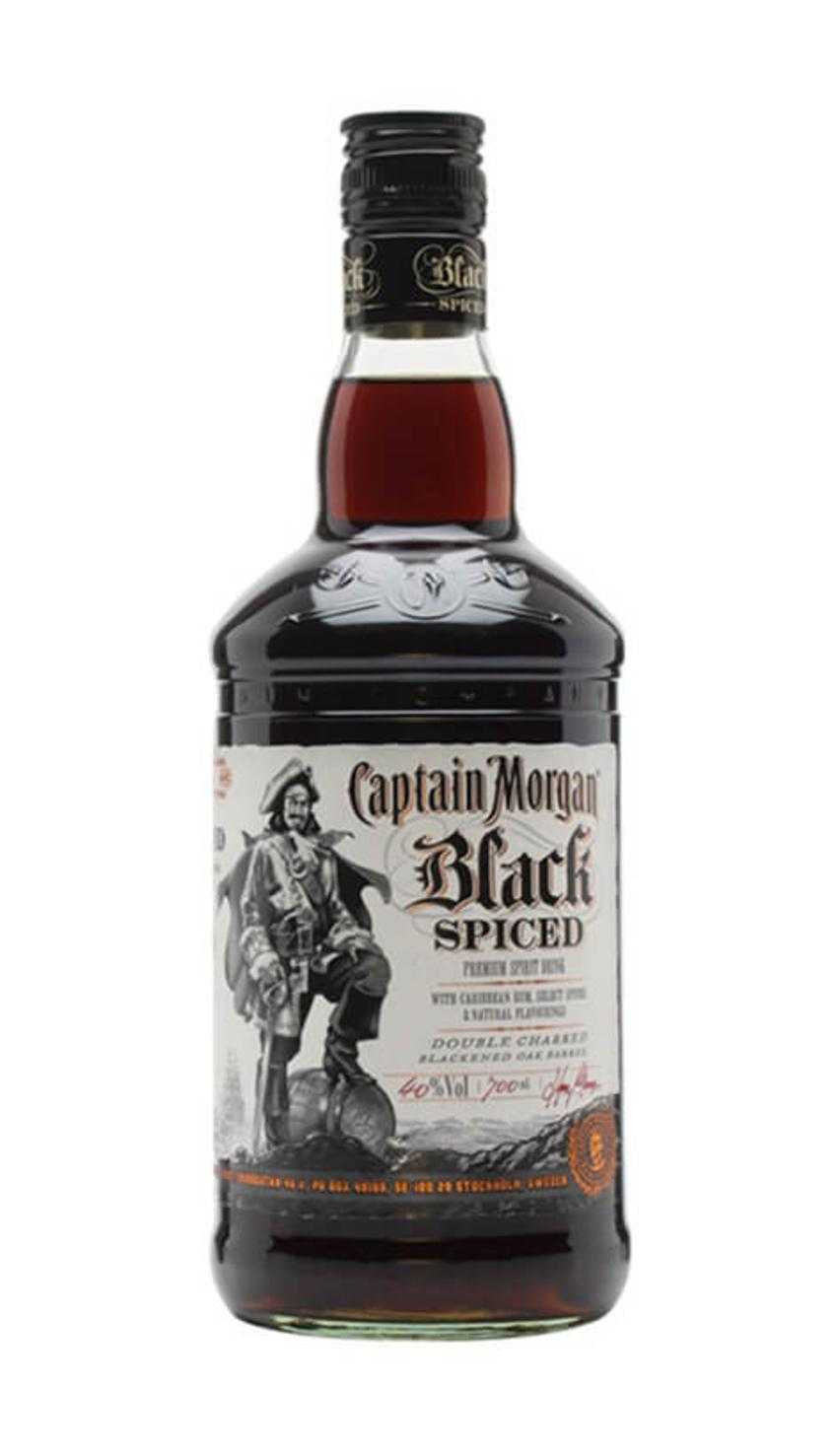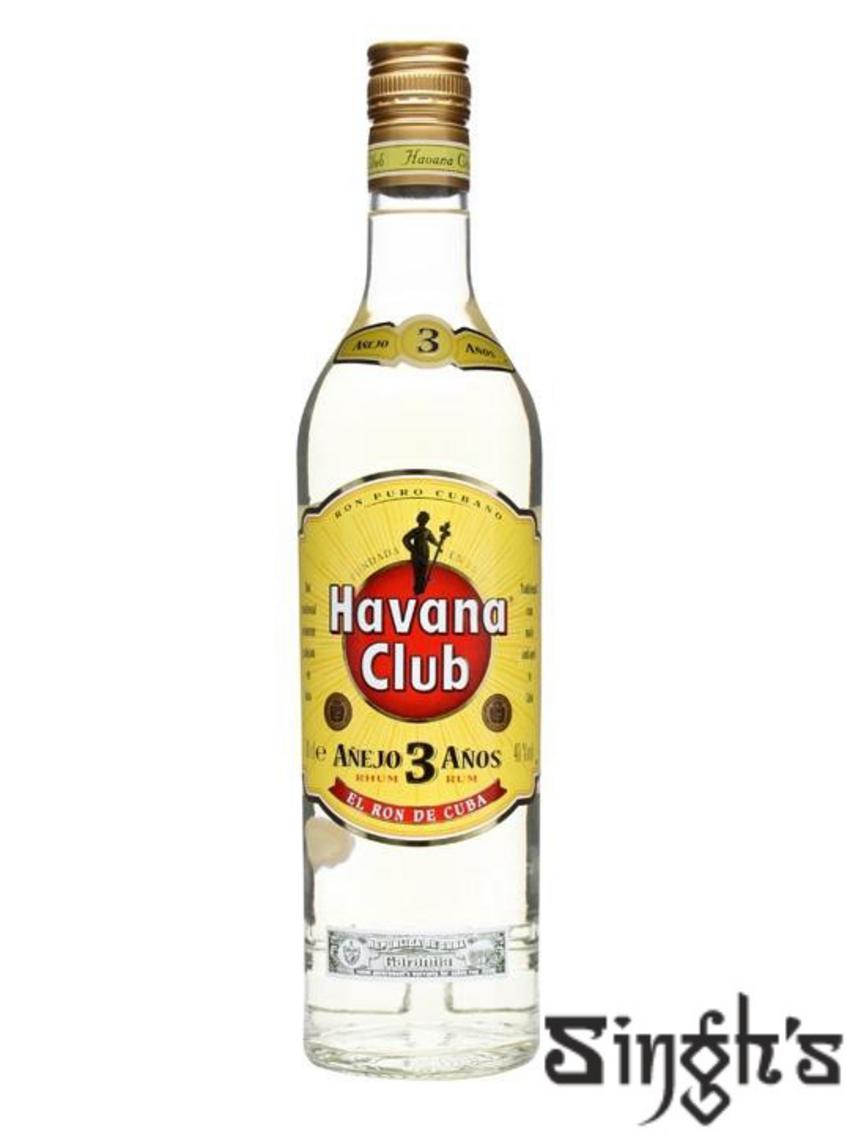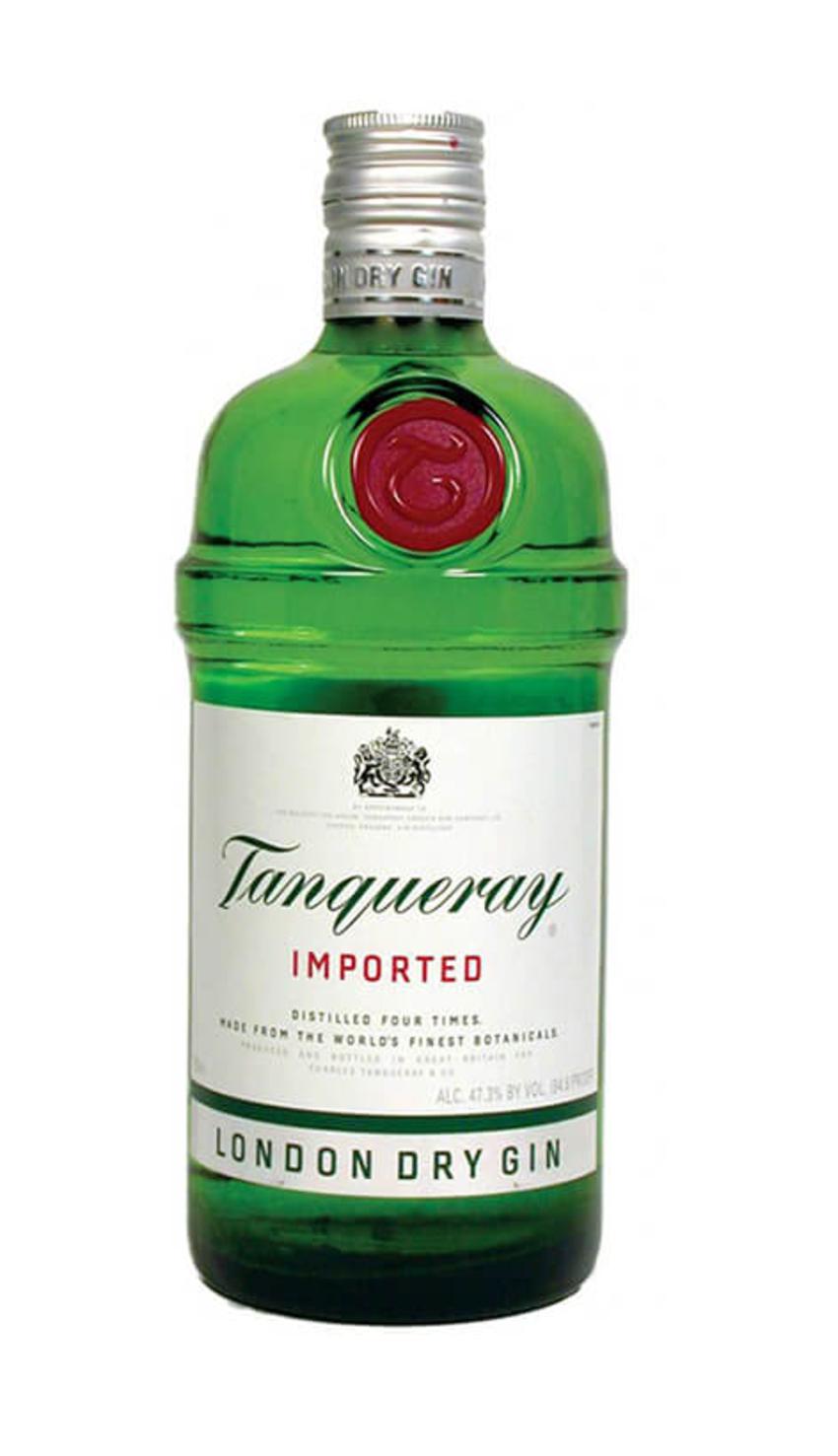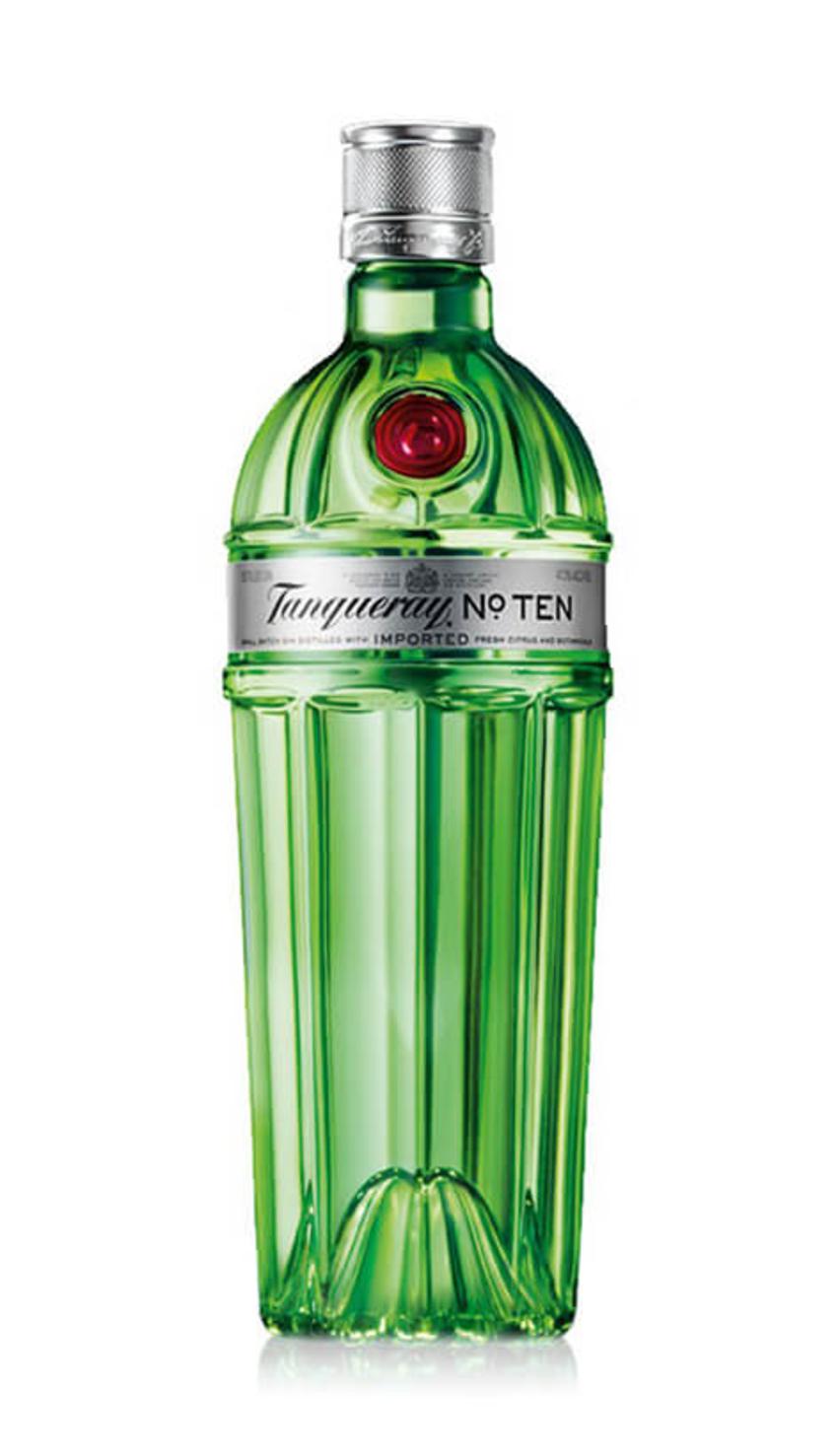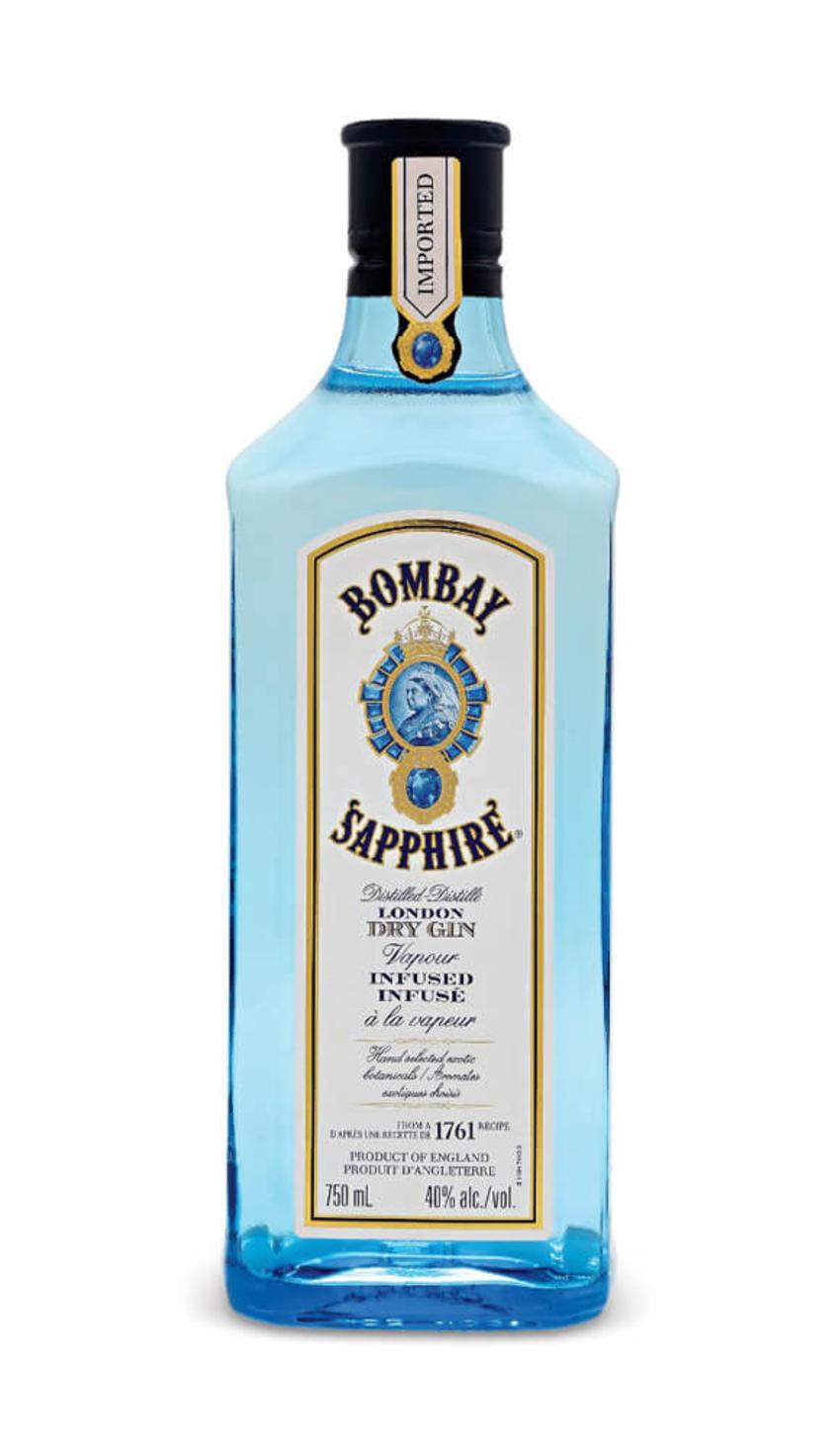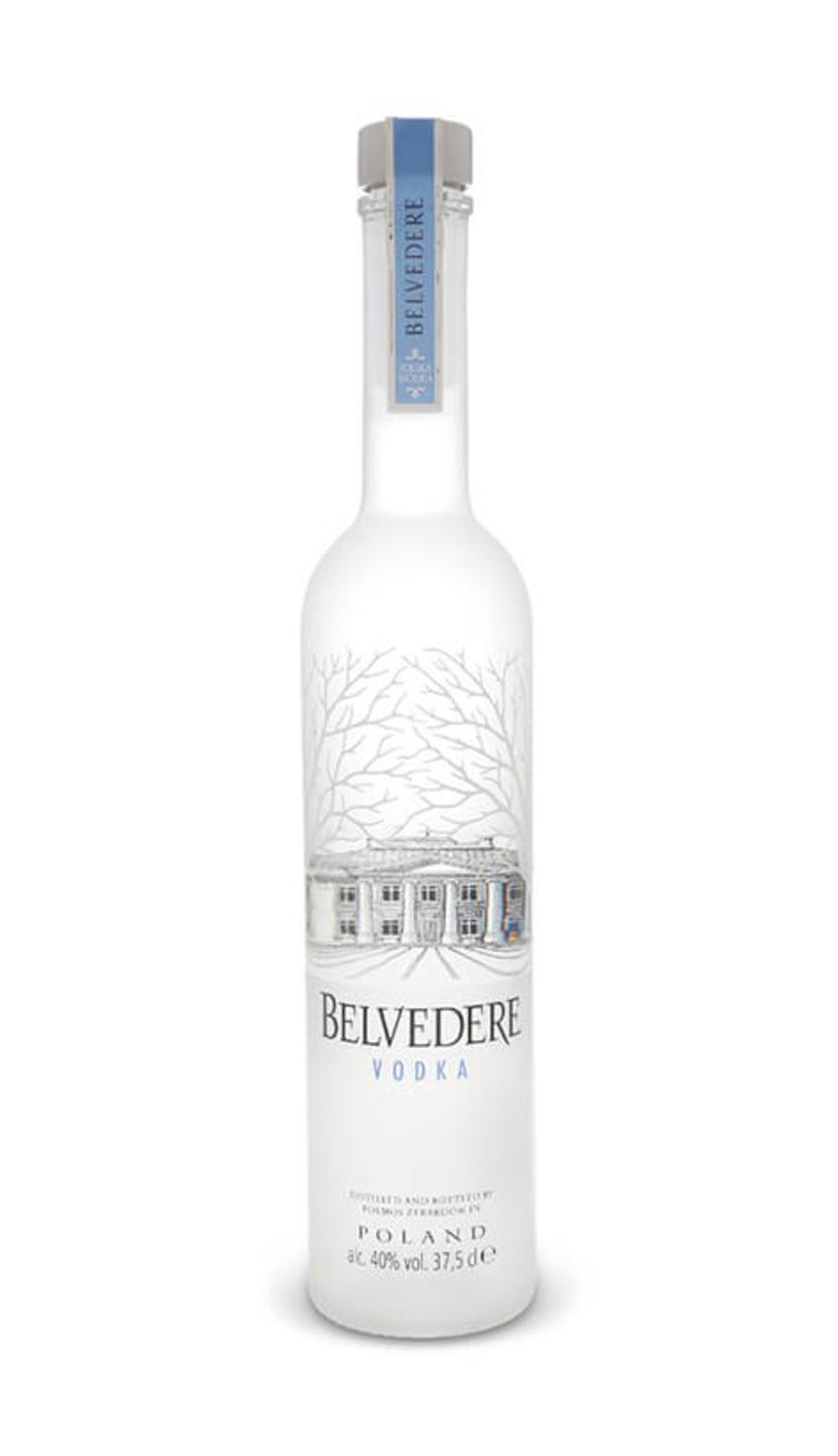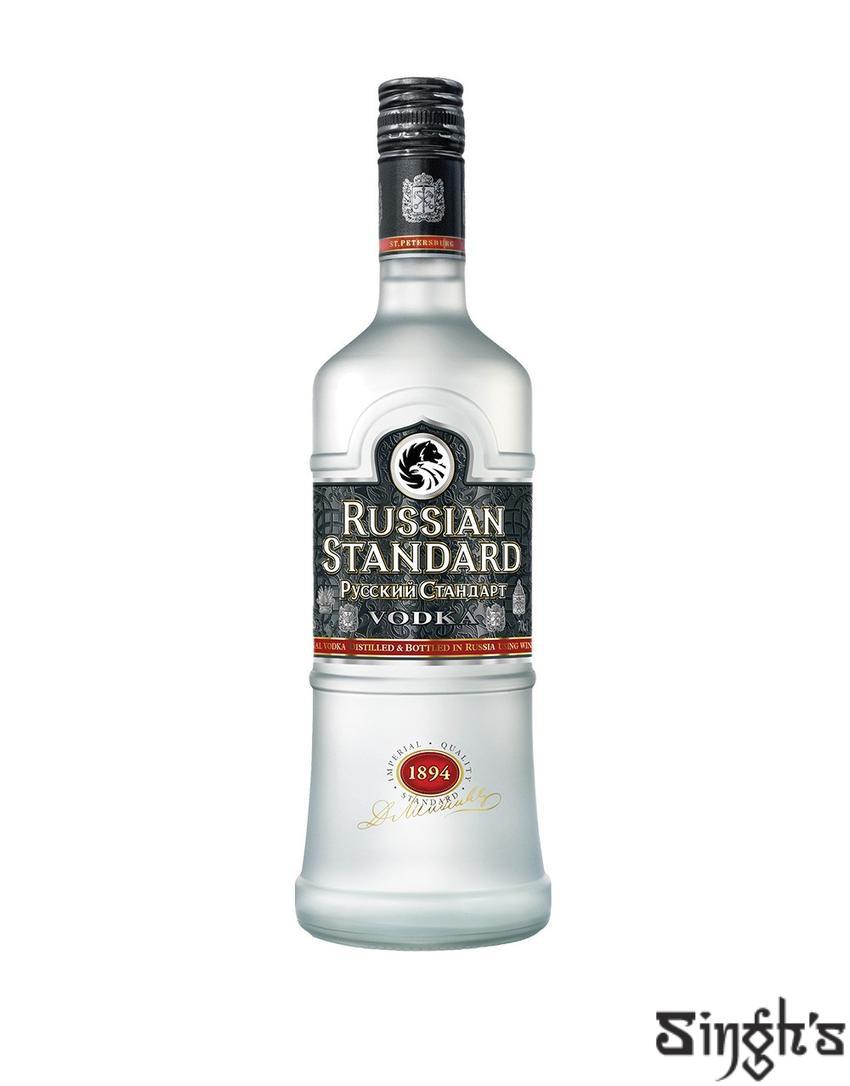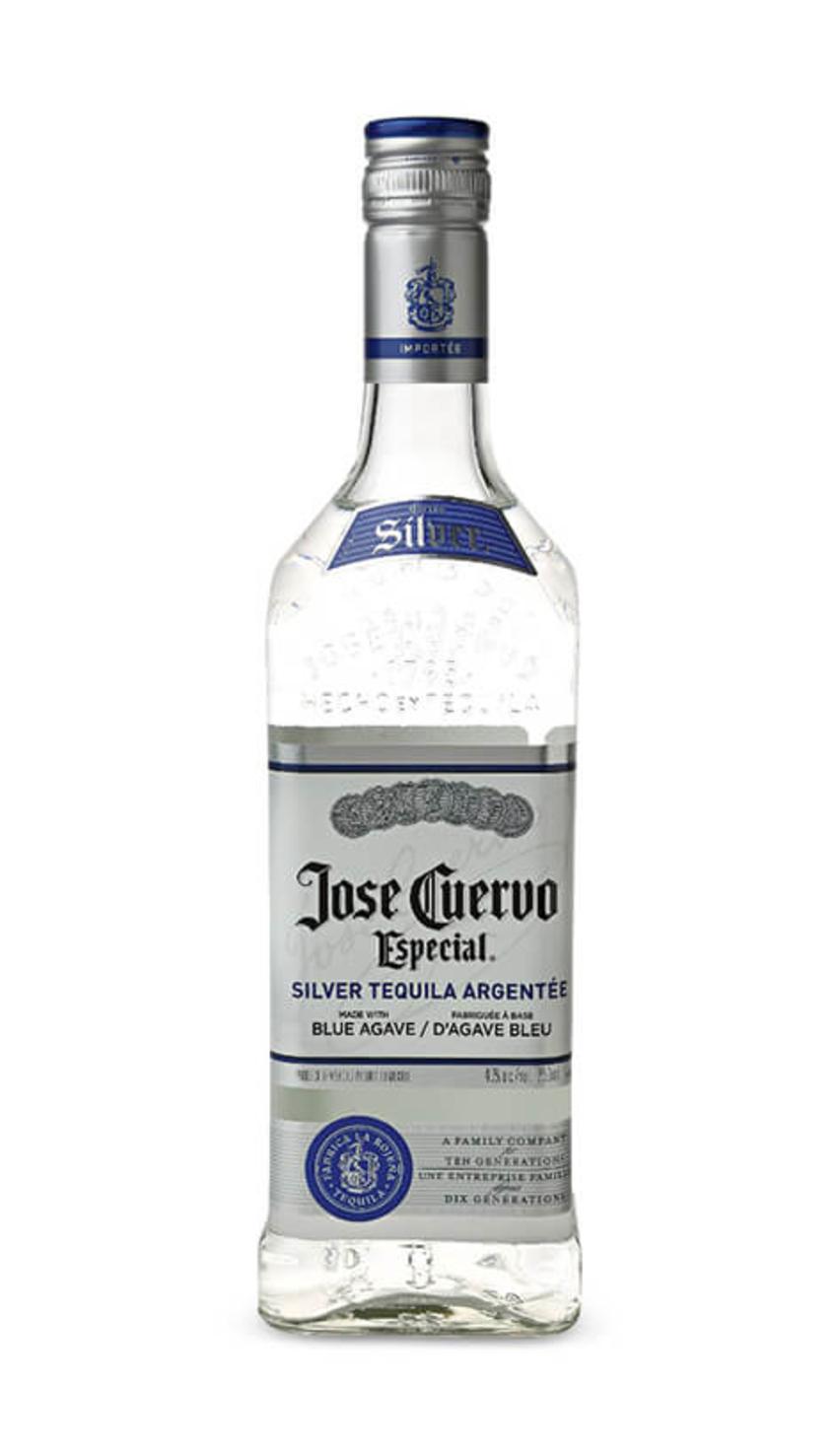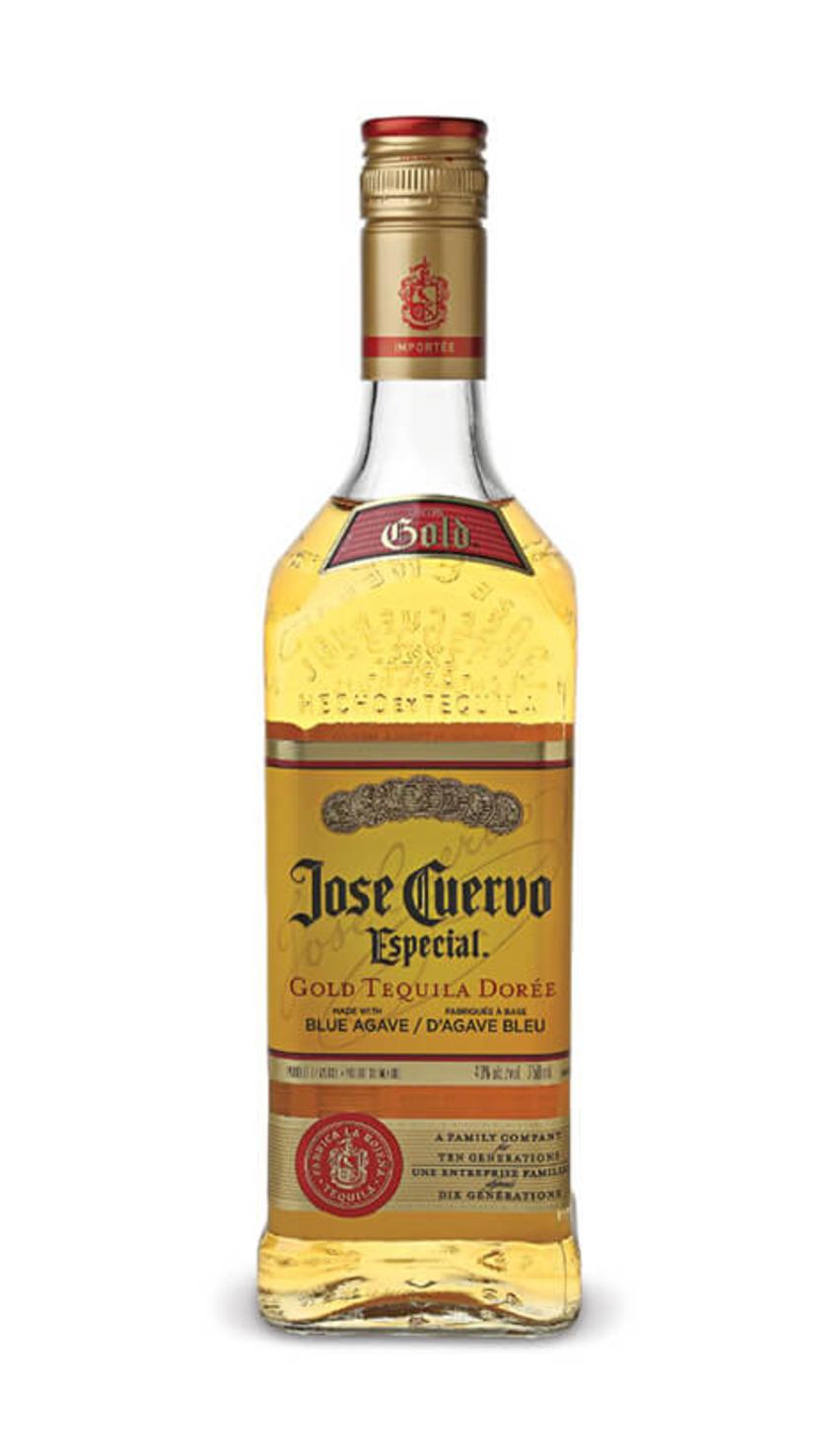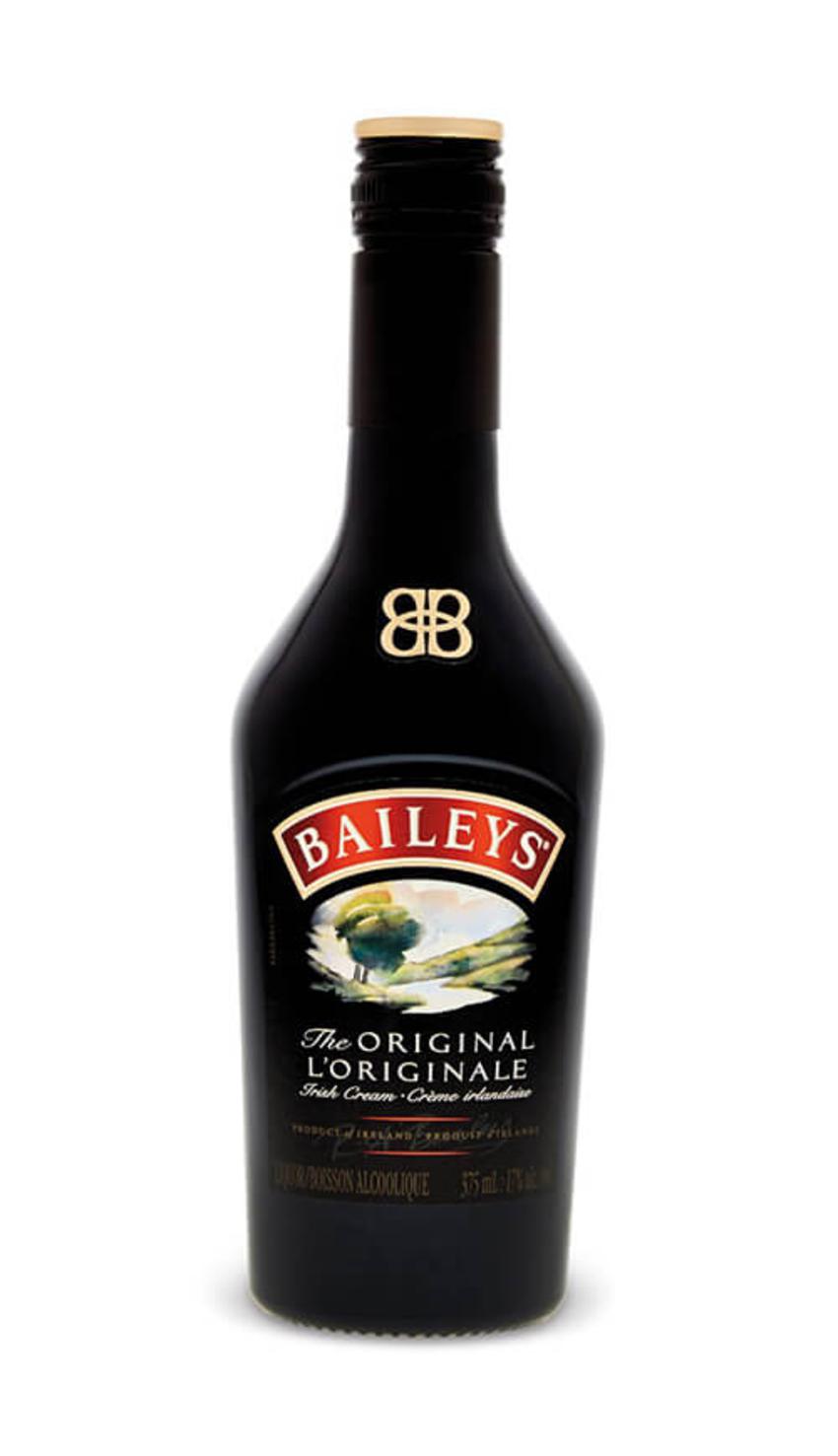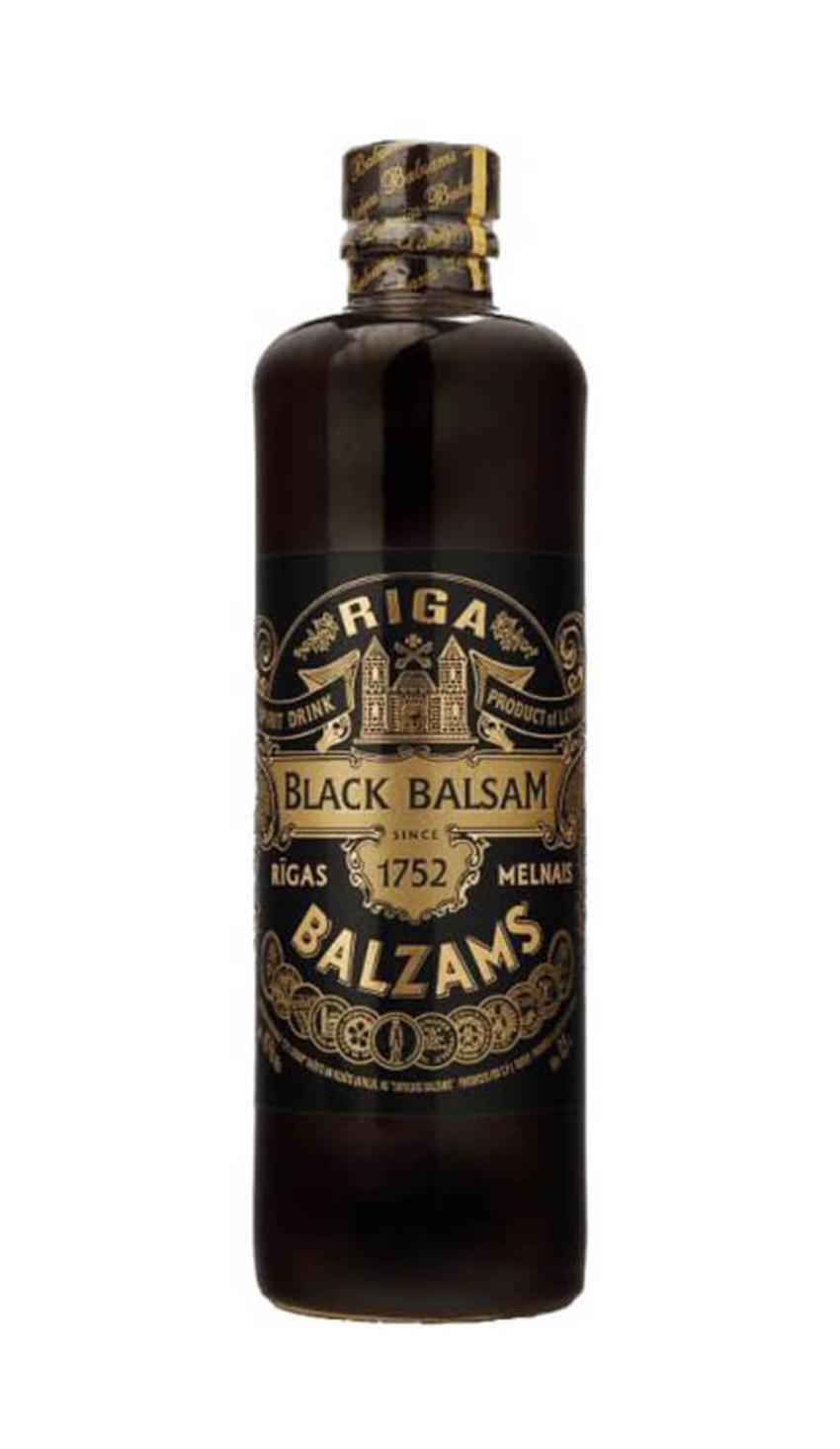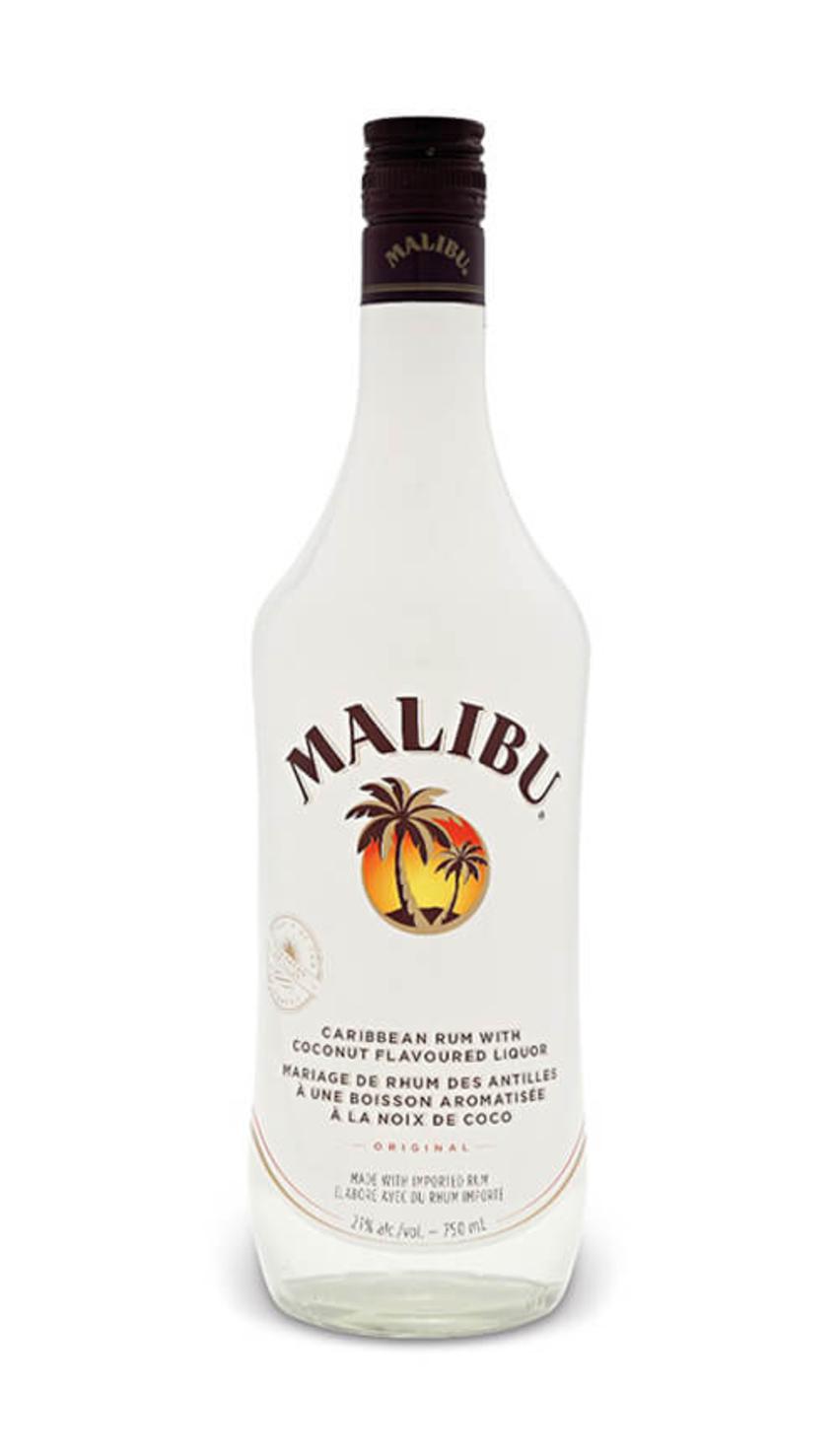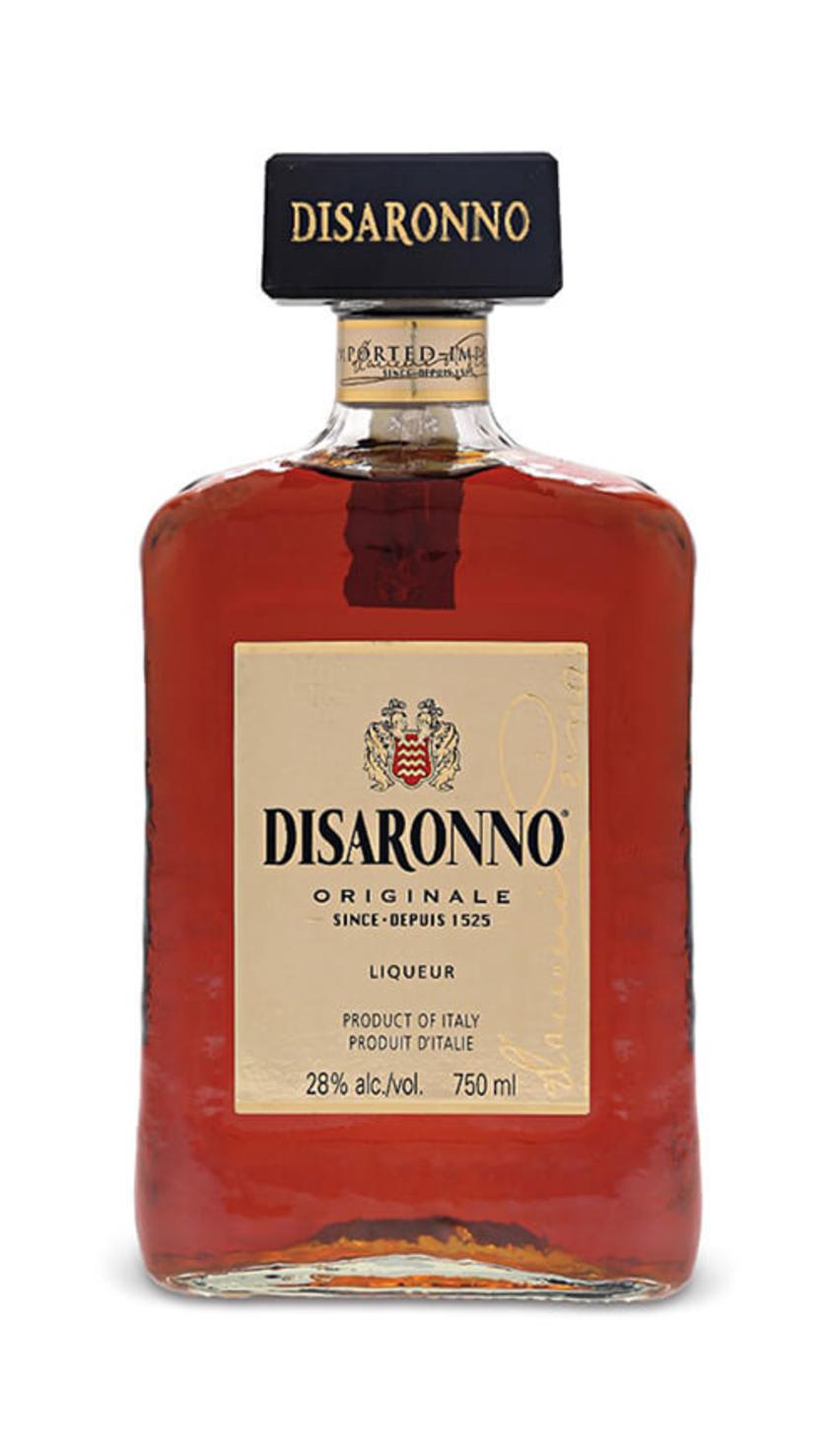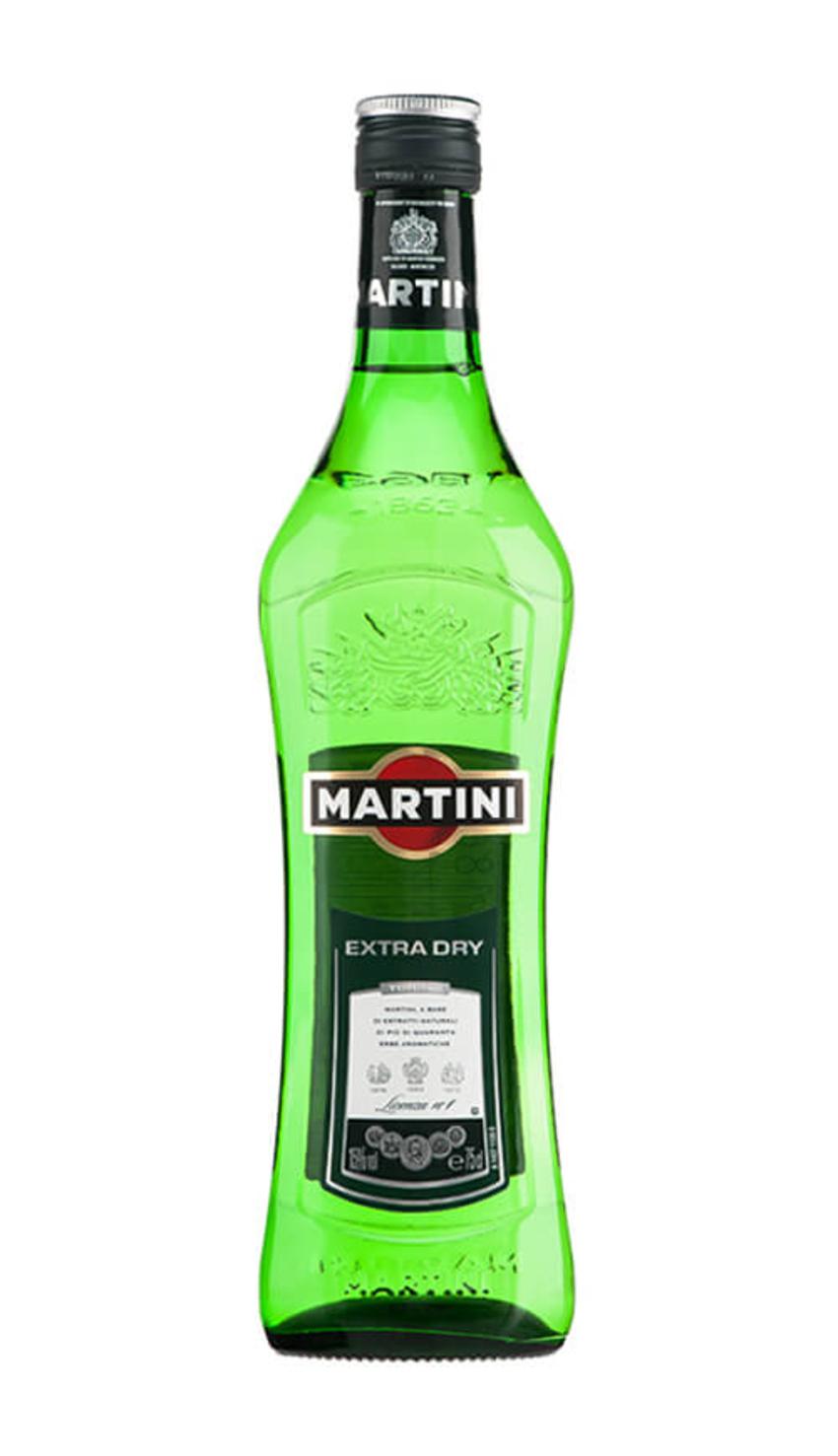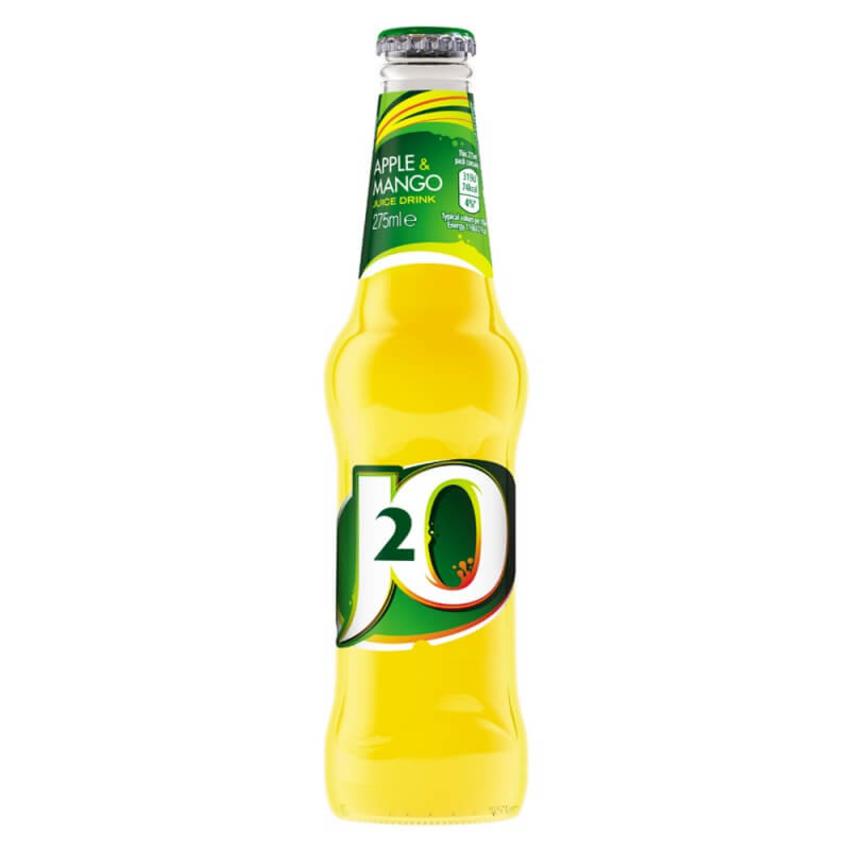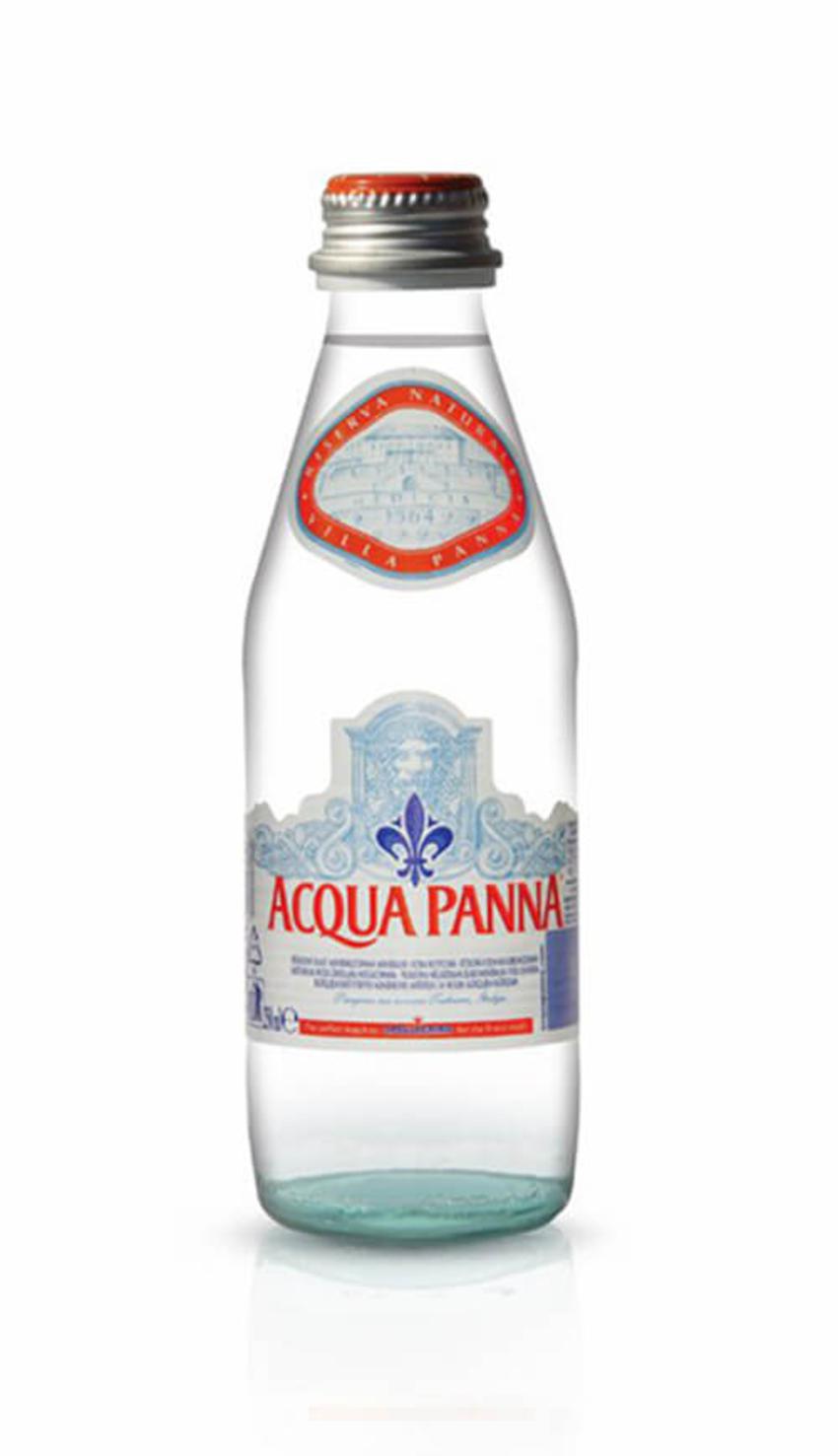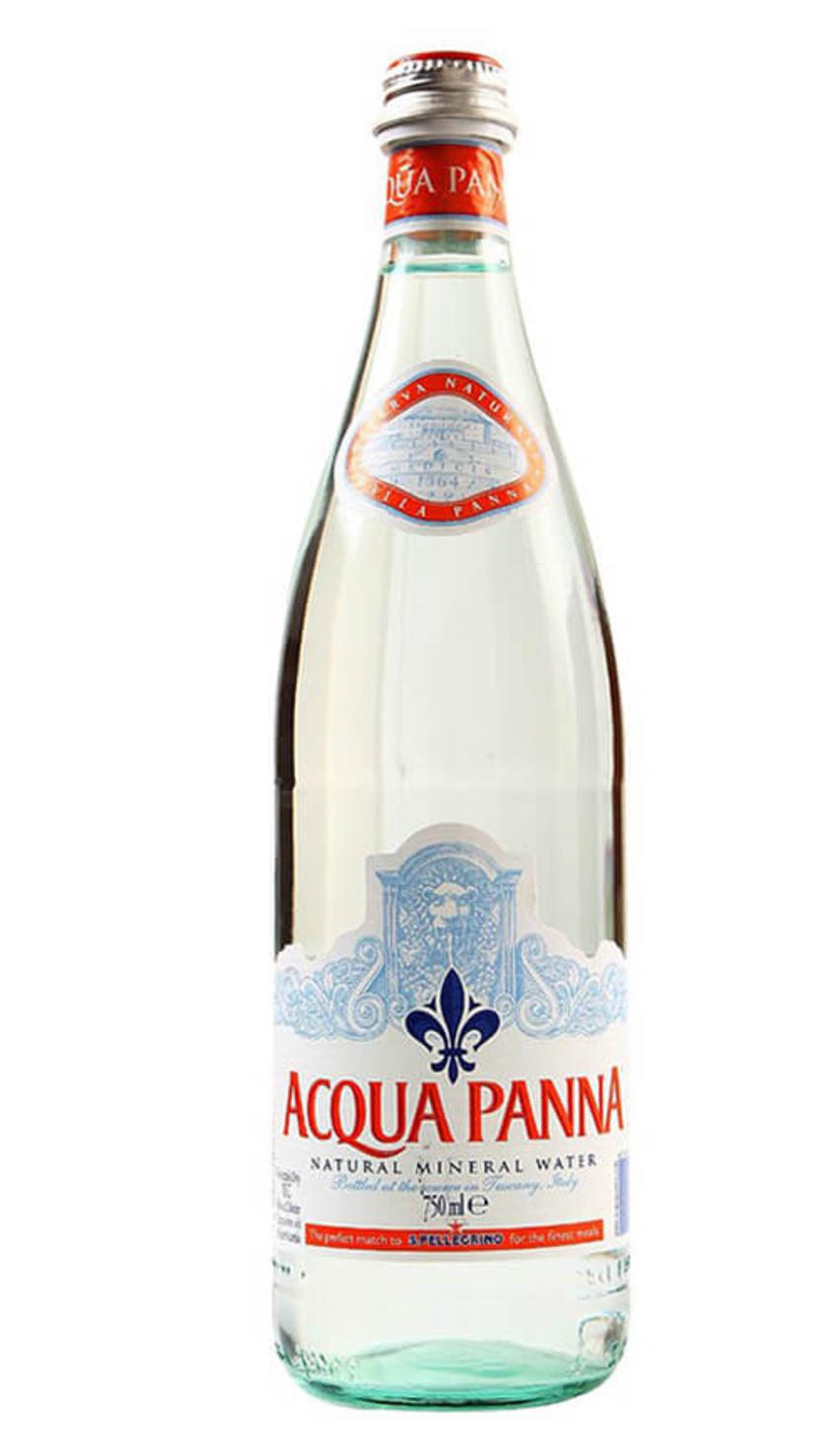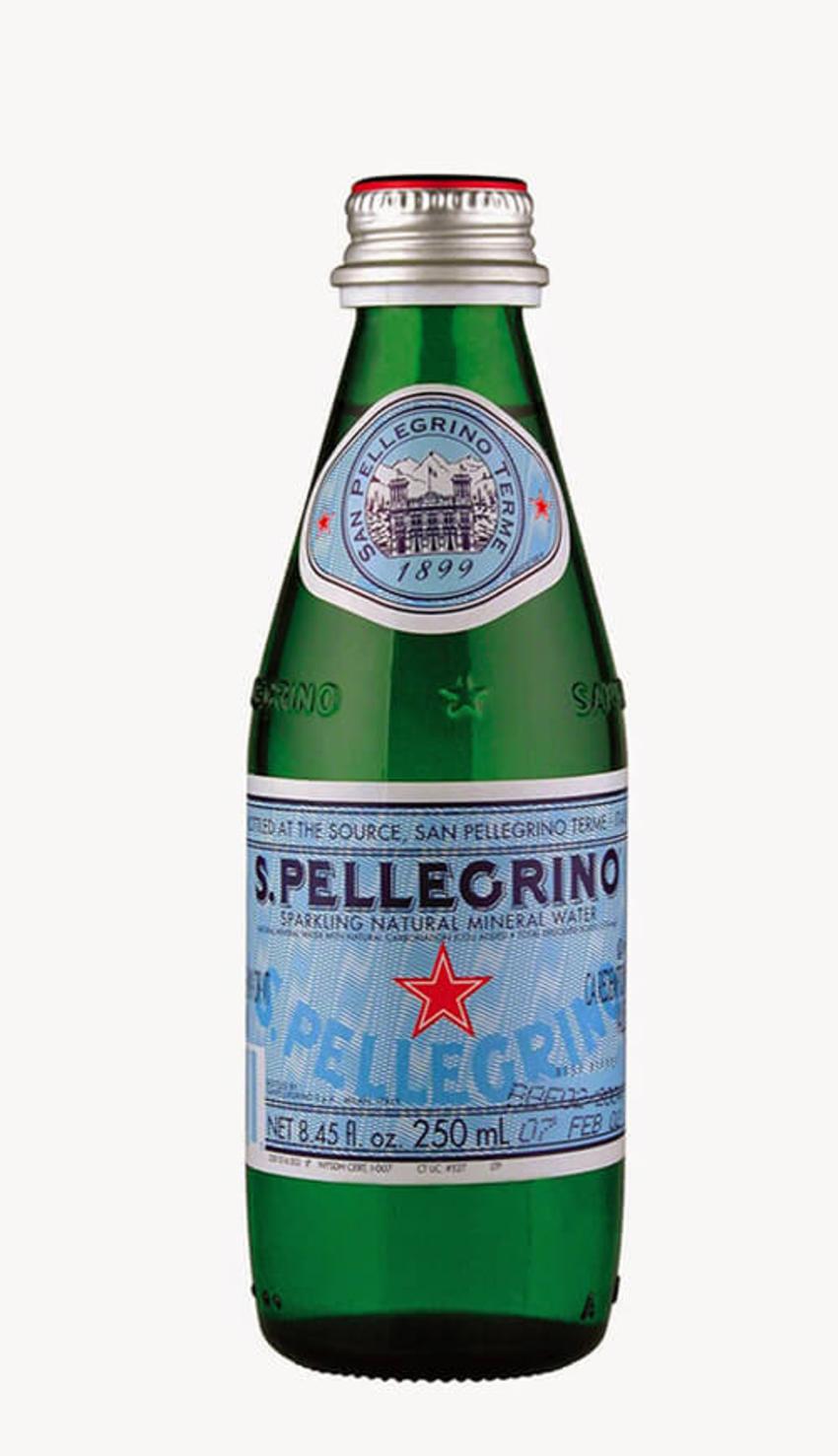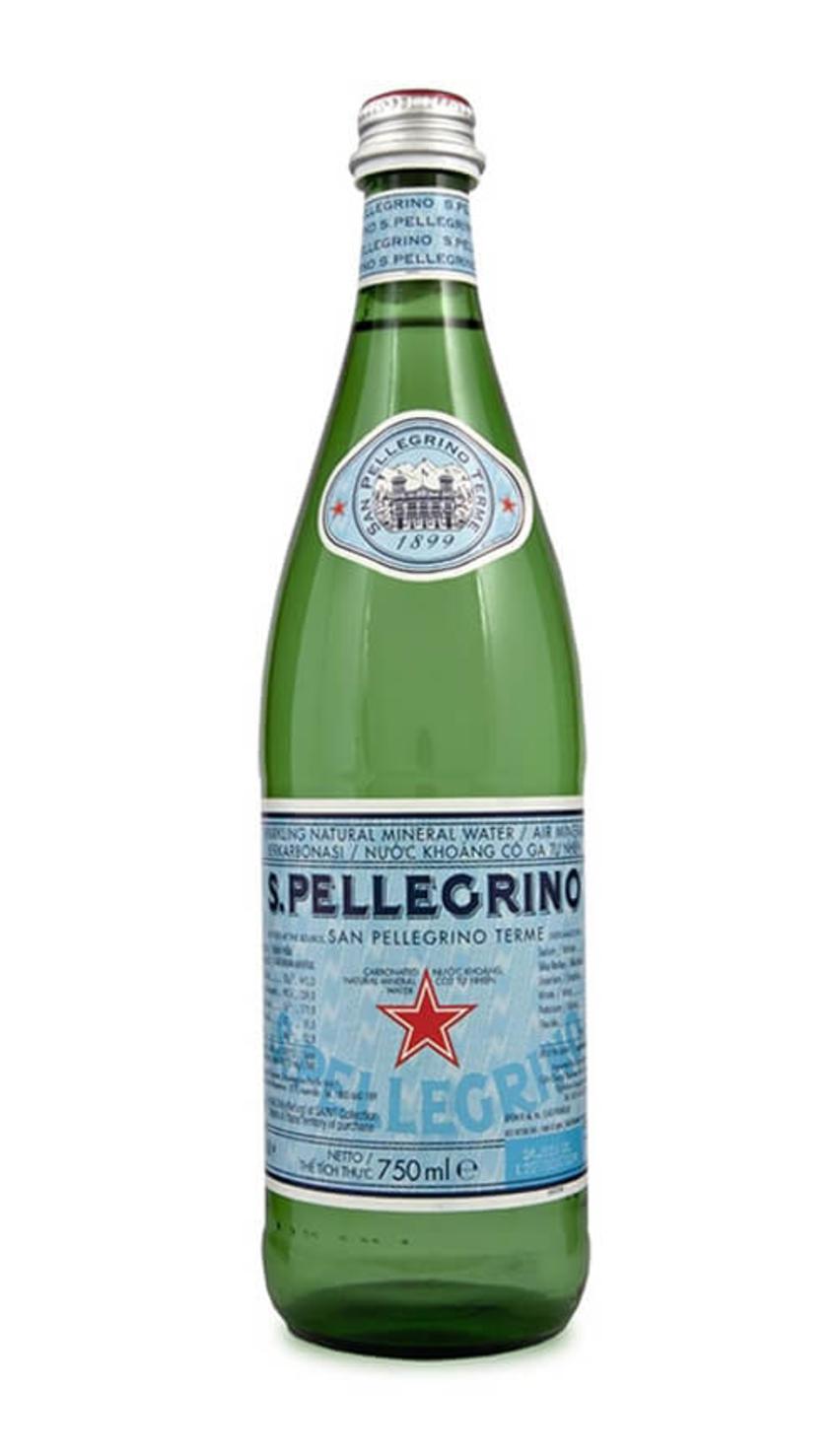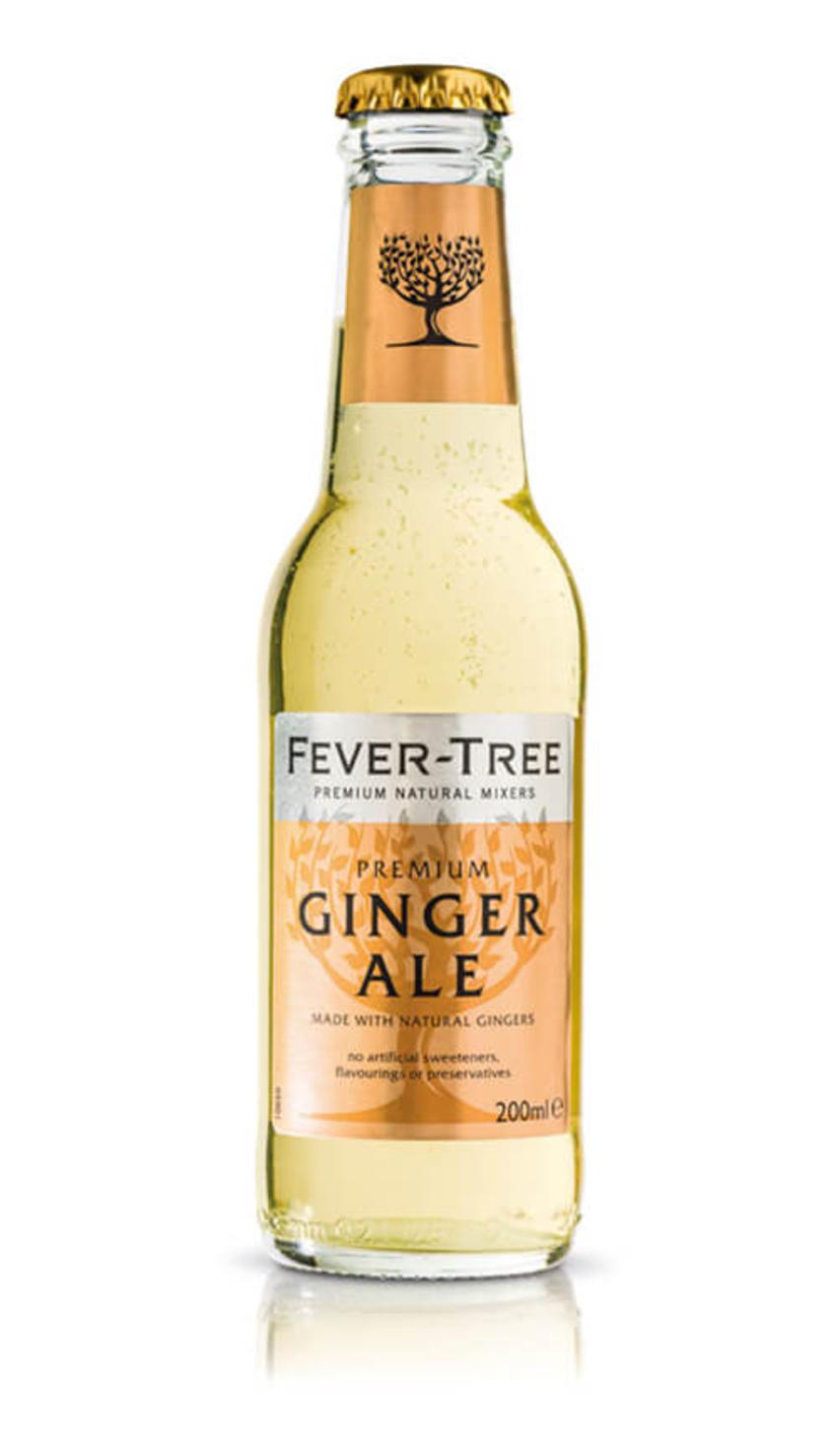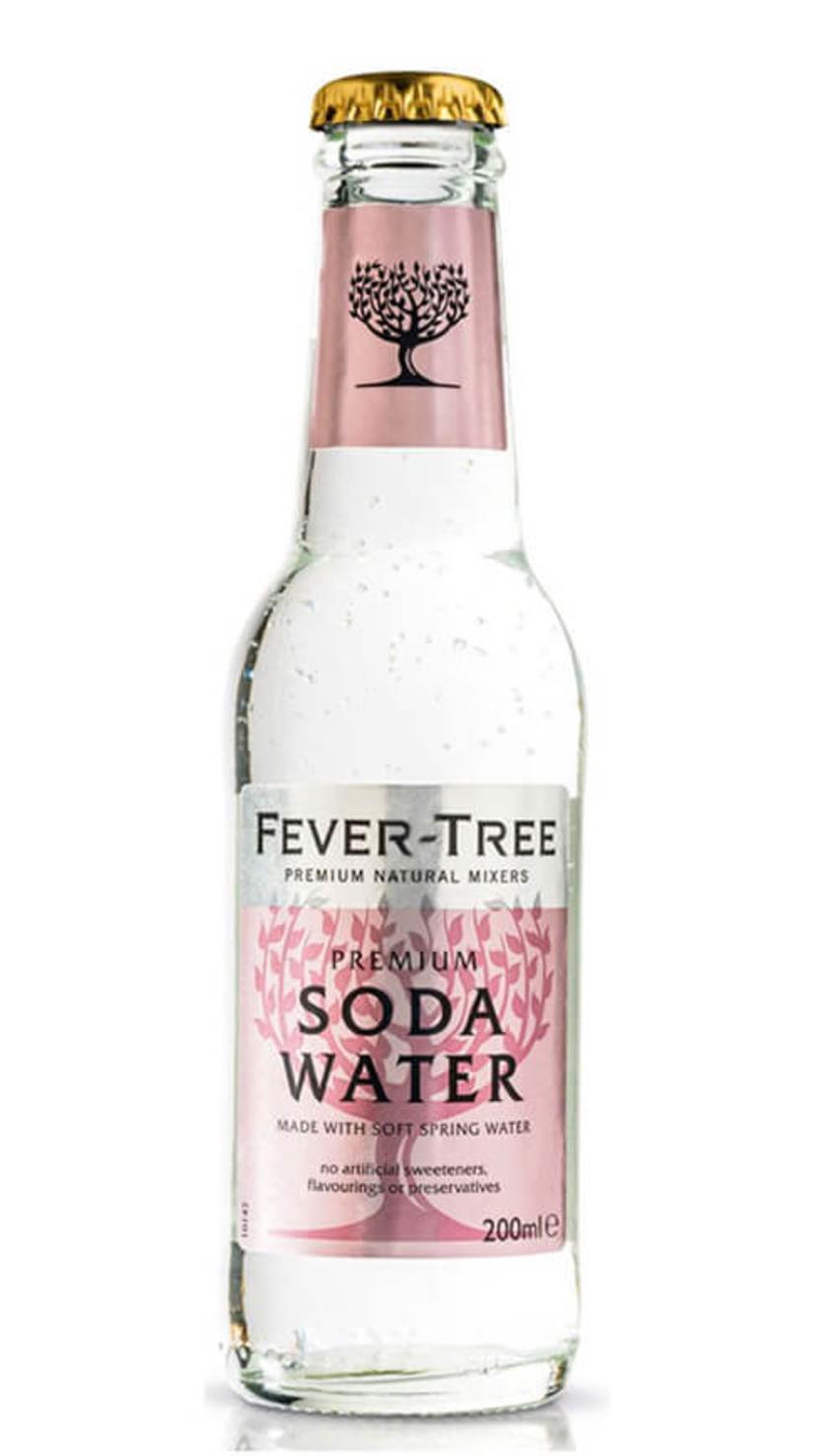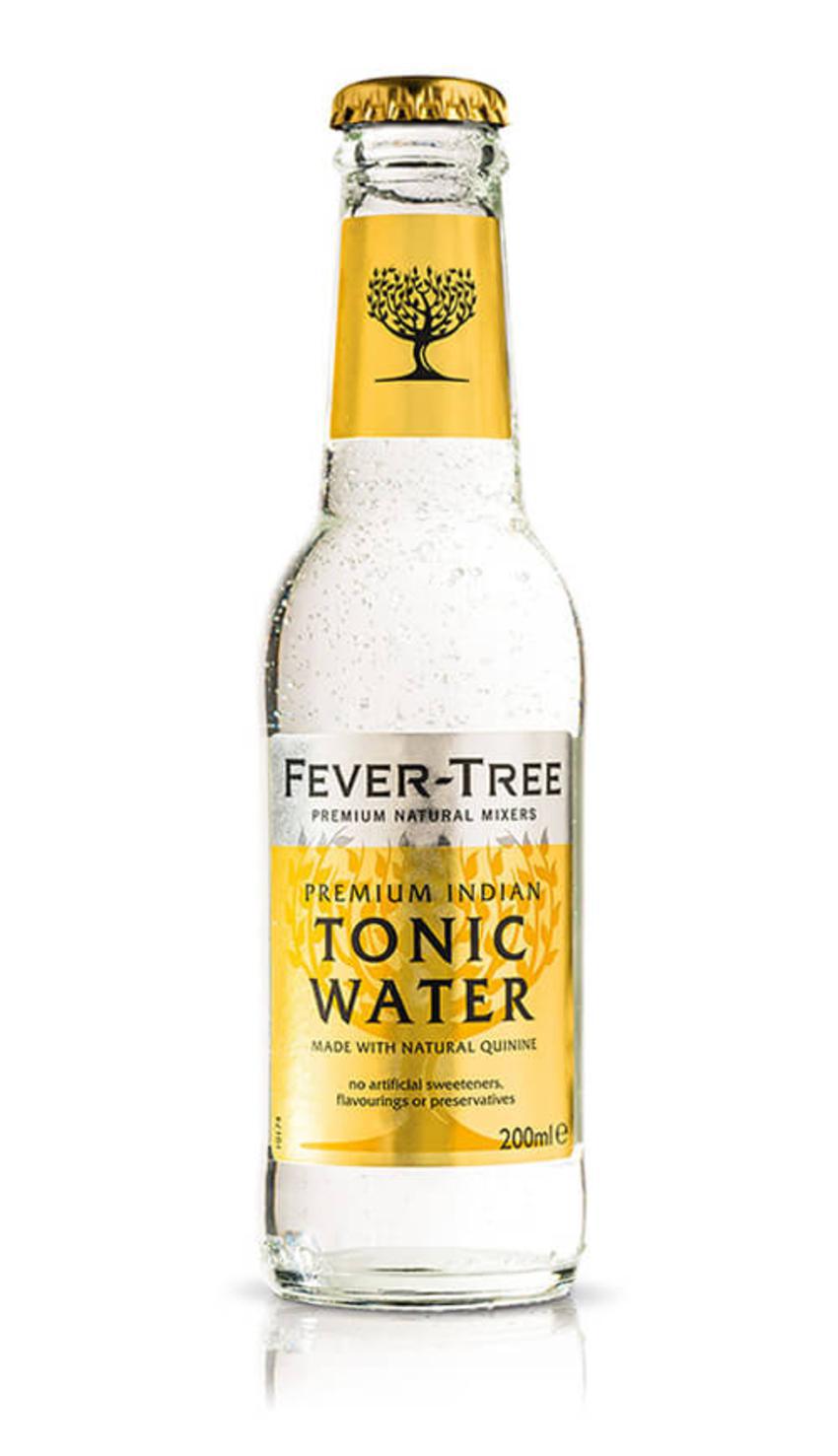Sometimes, the person with an addiction can’t contribute to the family’s finances, making things even harder. People struggling with addiction spend a lot of money on drugs, and the costs can add up quickly. On top of the drugs themselves, people may spend money on things like equipment for drug use, transportation to get drugs, or legal fees if they get into trouble because of their addiction. Part of a relationship is acknowledging and celebrating the milestones and progress achieved. By actively recognizing and appreciating these achievements, individuals can foster a sense of support, encouragement, and shared growth. We, as humans, are programmed to be social creatures—and each of us deserves companionship and love.
It may not take as long to undo the harm your addiction caused, but it will take time. How many times before have you promised your loved ones that you would change? How many times have you said, “I’m sorry—it won’t happen again?
Making amends and rebuilding trust
There isn’t much guidance on this, and many people in recovery are given the message that their relationships can wait until they’re further along in recovery. That makes the process of relationship recovery pretty abstract for people who aren’t engaged with couple or family therapy. In recovering from substance abuse and addiction, repairing damaged relationships and rebuilding trust can be a significant challenge. Addiction often strains or even breaks relationships with loved ones, leaving us isolated and disconnected. However, healing and rebuilding these bonds with effort and commitment is possible.
- If you are new to recovery or attempting to overcome an addiction, you may have little or no idea of what a healthy relationship consists of.
- It can significantly cause tension and stress in familial relationships when parents, children, or other family members are directly affected or harmed.
- Chronic misuse of alcohol or drugs often results in crossing boundaries within relationships, which can mean unhealthy dynamics such as codependence and enabling behaviors.
- It deprives them of their time, physical health, emotional wellbeing, and maybe even their youth.
- Our drug or alcohol or use became so prominent that it became the thing we organized everything in our lives around.
Before building a relationship after rehab, it’s important to know how to ensure that the relationship is healthy. Often, we tend to focus on putting all of our energy into romantic relationships. However, friendships, relationships with family, and our relationship with ourselves are just as important. In addition, some mental health conditions make it more difficult for a person to participate in guiding their own treatment plan.
The Second Key relationship: How We Relate To Our Families
When you do spend time with them, ask about how they have been doing and listen. Helping with household chores and shared responsibilities that you once failed to help with can also help rebuild trust. Overall, intentionally http://www.gitaristam.ru/accords/eng/m/Muse.htm dedicating time and effort will help heal the relationships in your family. Showing your family that you have changed and are committed to continuing to get better is the best way to rebuild trust.
- Loved ones may become excessively involved in the addict’s life, micromanaging their decisions and choices to keep them away from their addictive behaviors.
- You will also see elements of the recovery model in social work theory, where values such as client self-determination and well-being are emphasized.
Before we can rebuild trust and re-establish lost connections, one must acknowledge the pain and trauma experienced by all parties involved. To truly restore a connection, there must be a safe space for open dialogue. Having a relationship with a God of your own understanding is a very personal matter. Therefore, we believe it would be intrusive of us to tell you how to develop a healthy relationship with your Higher Power. Now, let’s identify a few of the characteristics of a toxic relationship. And, a healthy relationship with the God of your own understanding will help you achieve the best and highest version of yourself.
The Impact of Addiction on Relationships
This may involve writing letters, arranging meetings, or seeking professional mediation if necessary. Furthermore, relationships act as a mirror, reflecting our progress and accountability. Loved ones can offer insight, hold http://diablo-iii.com/tags/%D0%B0%D1%84%D1%84%D0%B8%D0%BA%D1%81%D1%8B/ us accountable to our goals, and provide perspective on our actions and behaviors. They can help identify triggers and patterns that may hinder our recovery, allowing us to make the necessary adjustments and improvements.
This may involve financial reimbursement, completing obligations, or other forms of reparative actions as determined by the specific situation. We’ll work directly with your provider to figure out exactly how much of your treatment is covered. Access useful information to help you navigate your recovery or to support a loved one through http://adaptivehomelifestyle.com/float-sofa/ theirs. These are just a few of the many traits that define a toxic relationship. And, in recovery, many of us have a relationship with a Higher Power. If we do not have a relationship with a Higher Power, we are encouraged to develop one by working a 12-Step program at programs like Alcoholics Anonymous or Narcotics Anonymous.
In recovery, avoiding stress as much as possible is essential for healing. While no individual’s life is completely stress-free, there is no reason to add a toxic friend, relative, or loved one to the normal sources of stress in life such as school or work. Stress is often the reason that people turn to drugs to feel relief or to “take the edge” off.





















